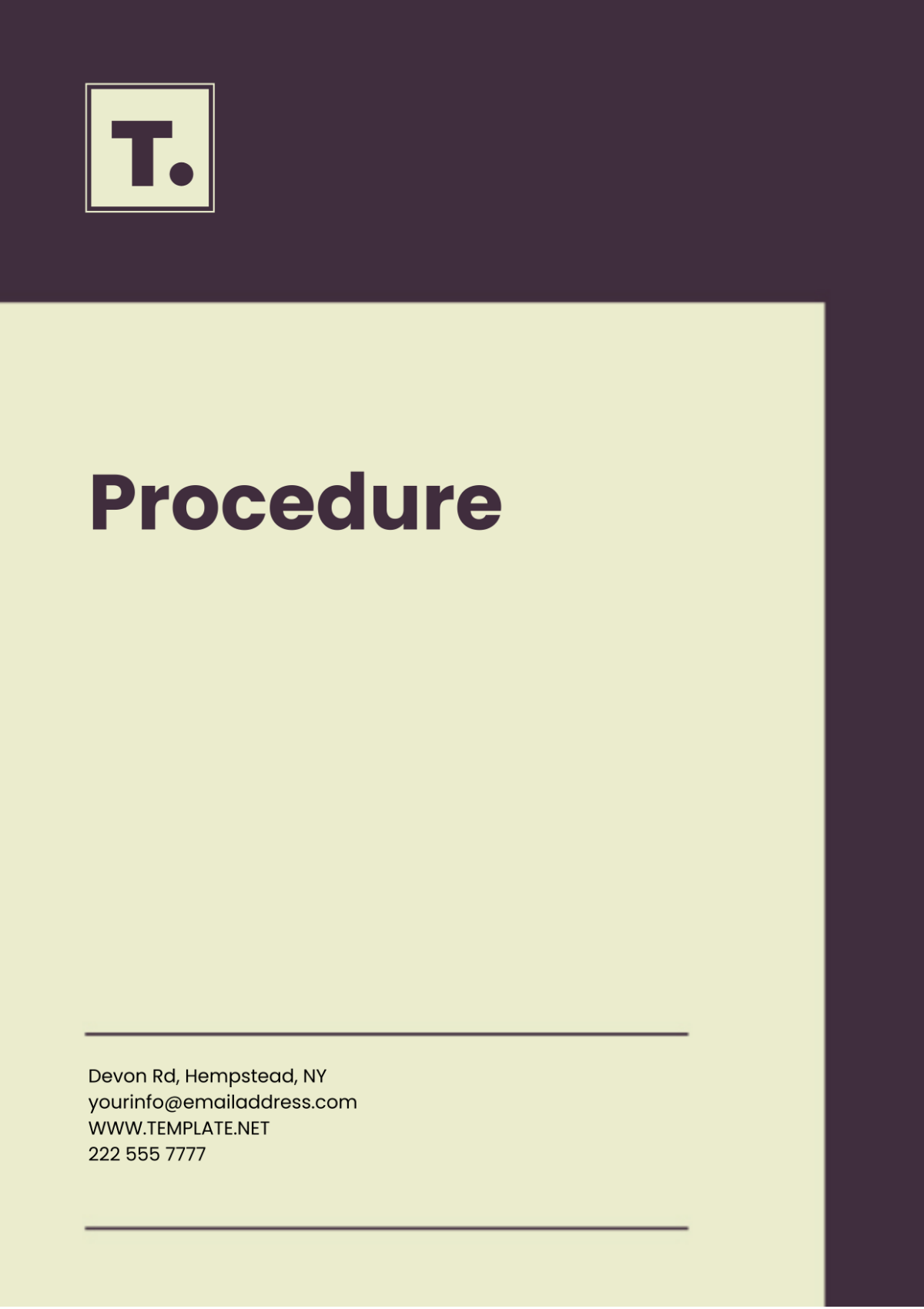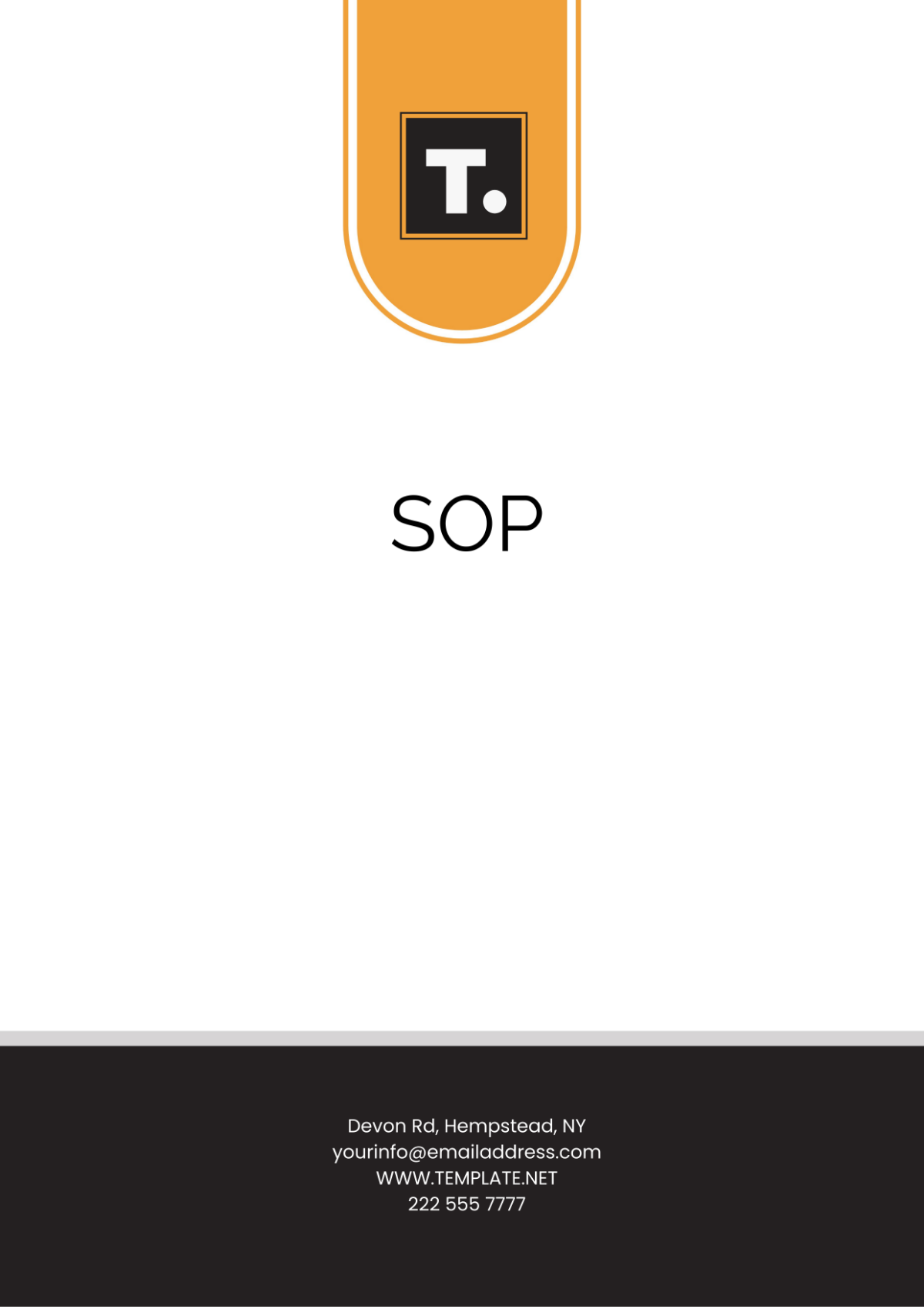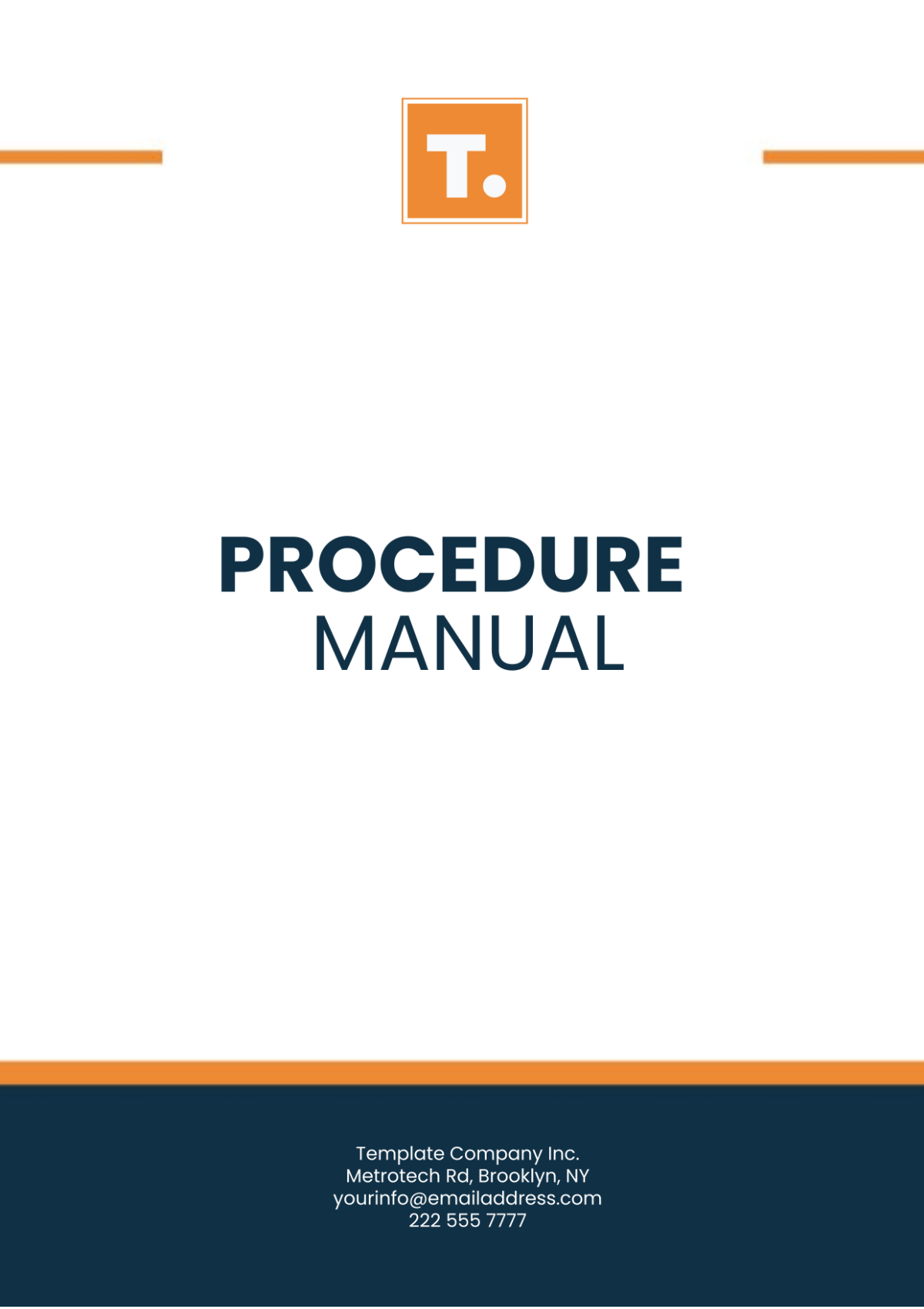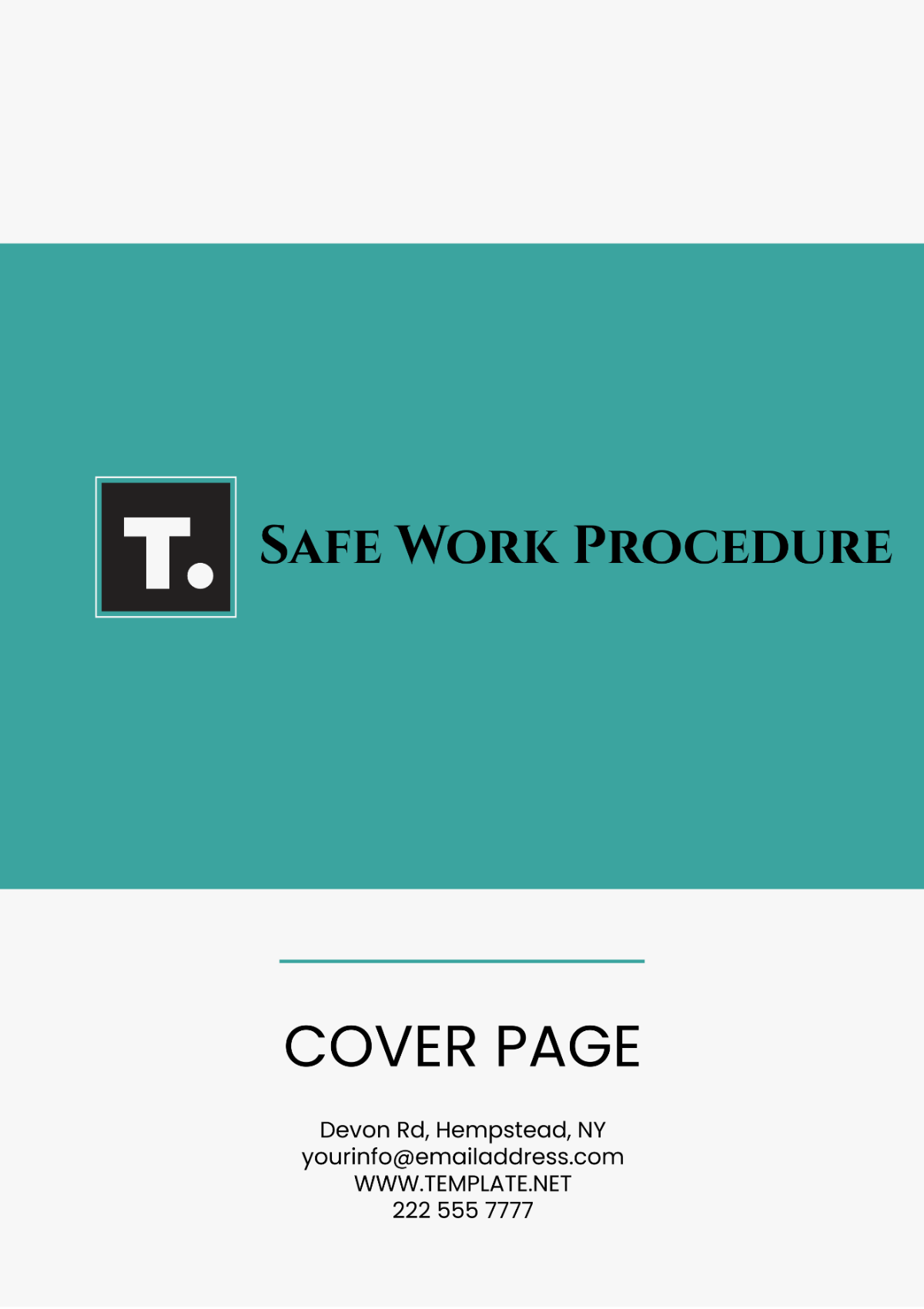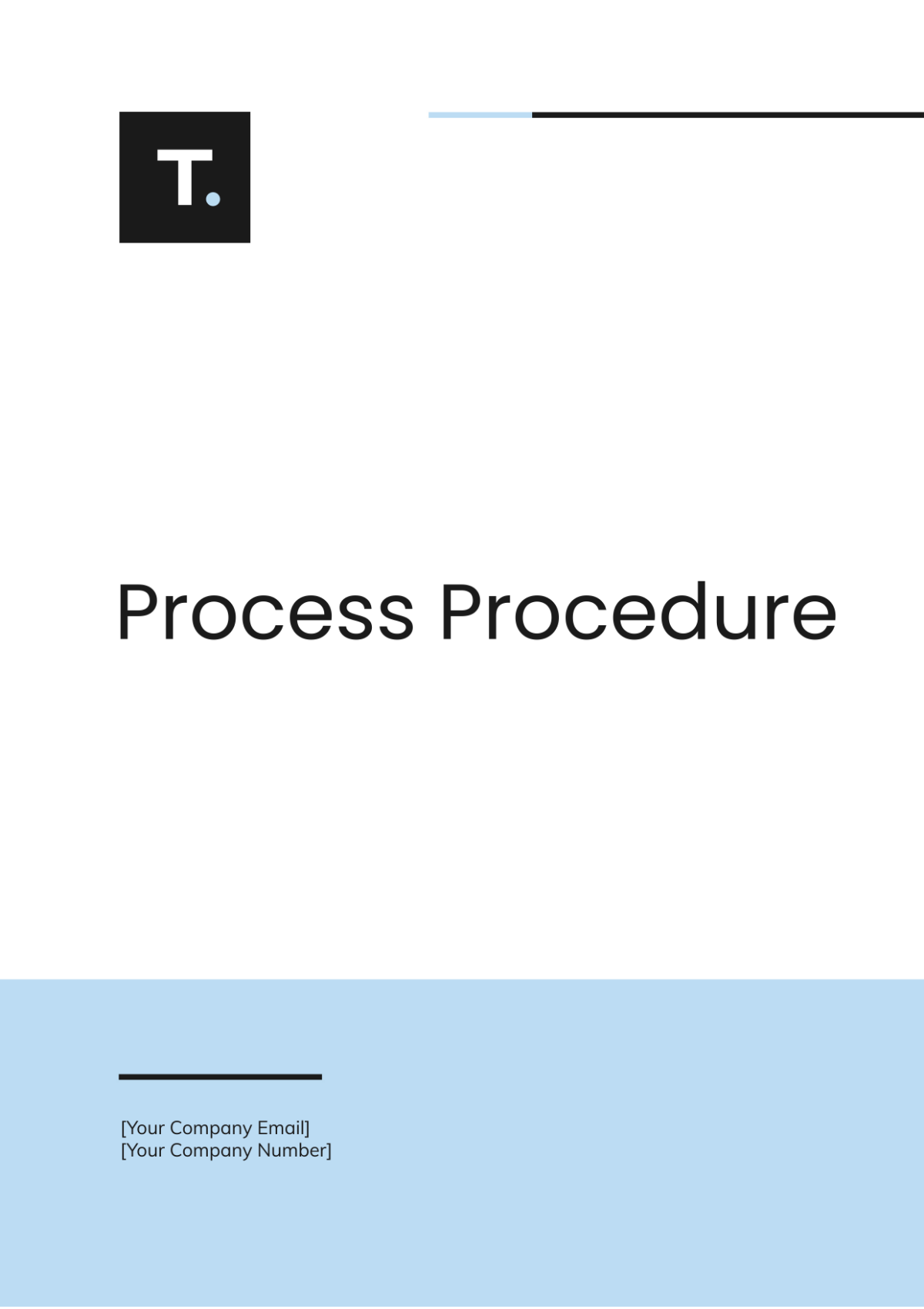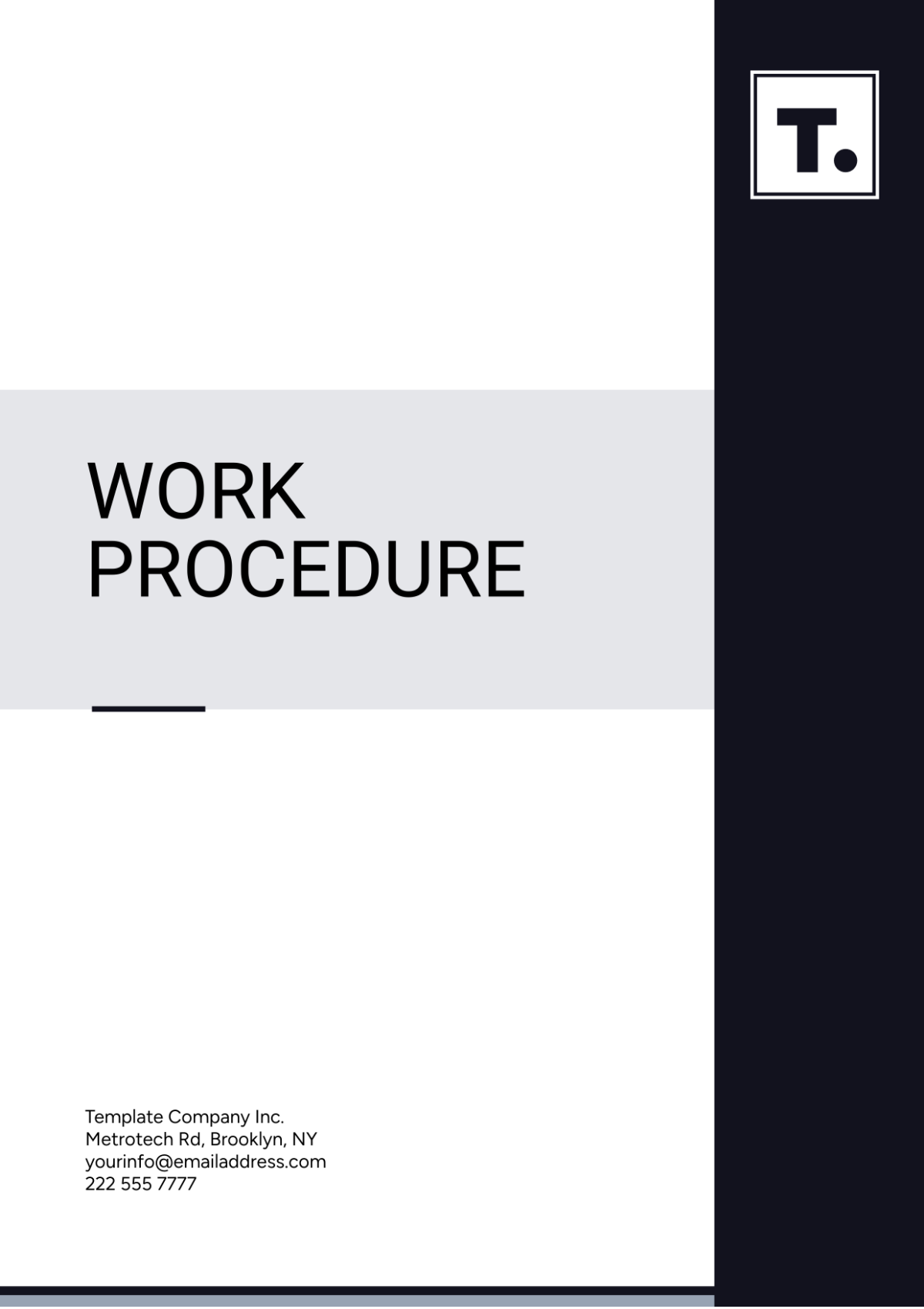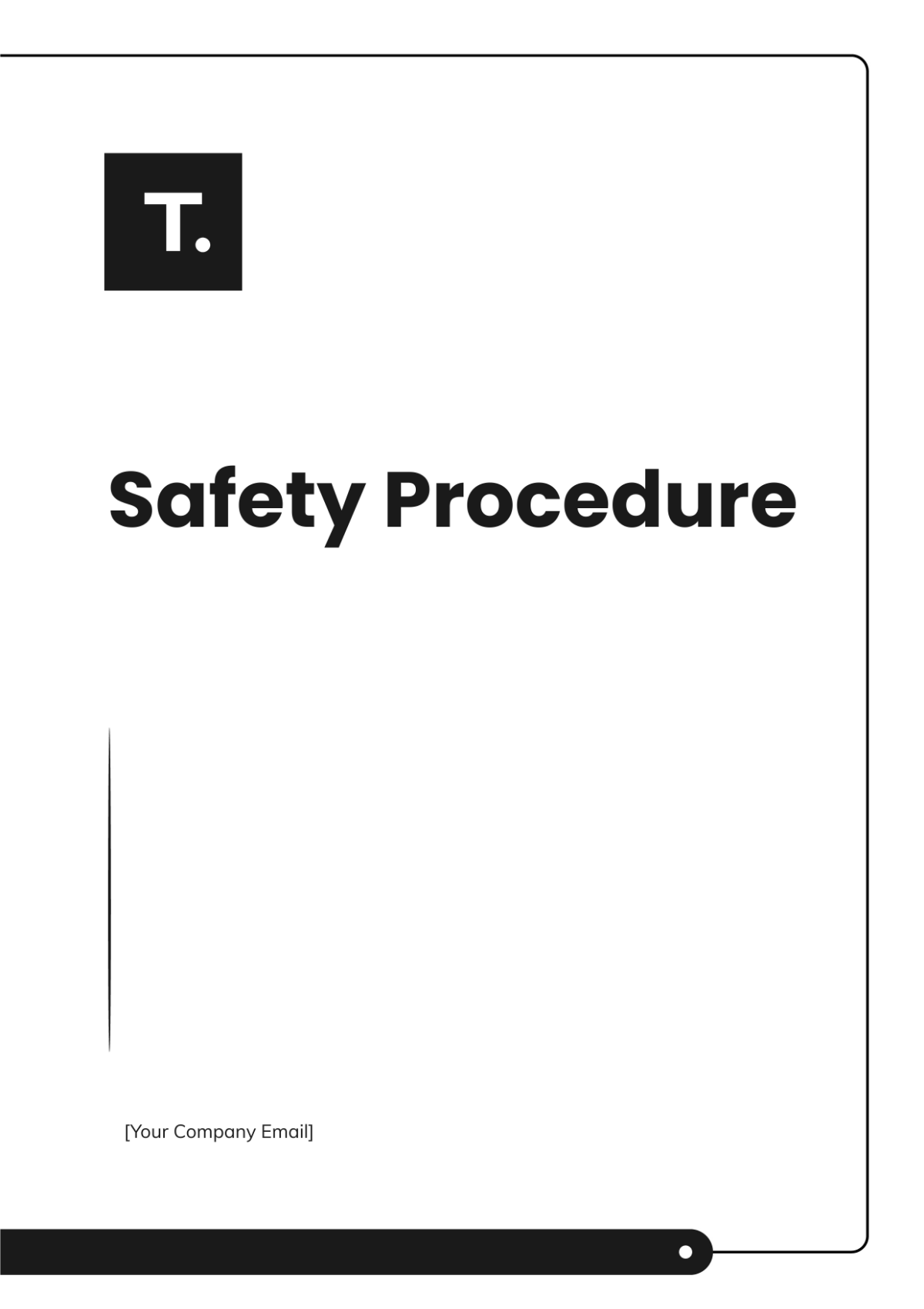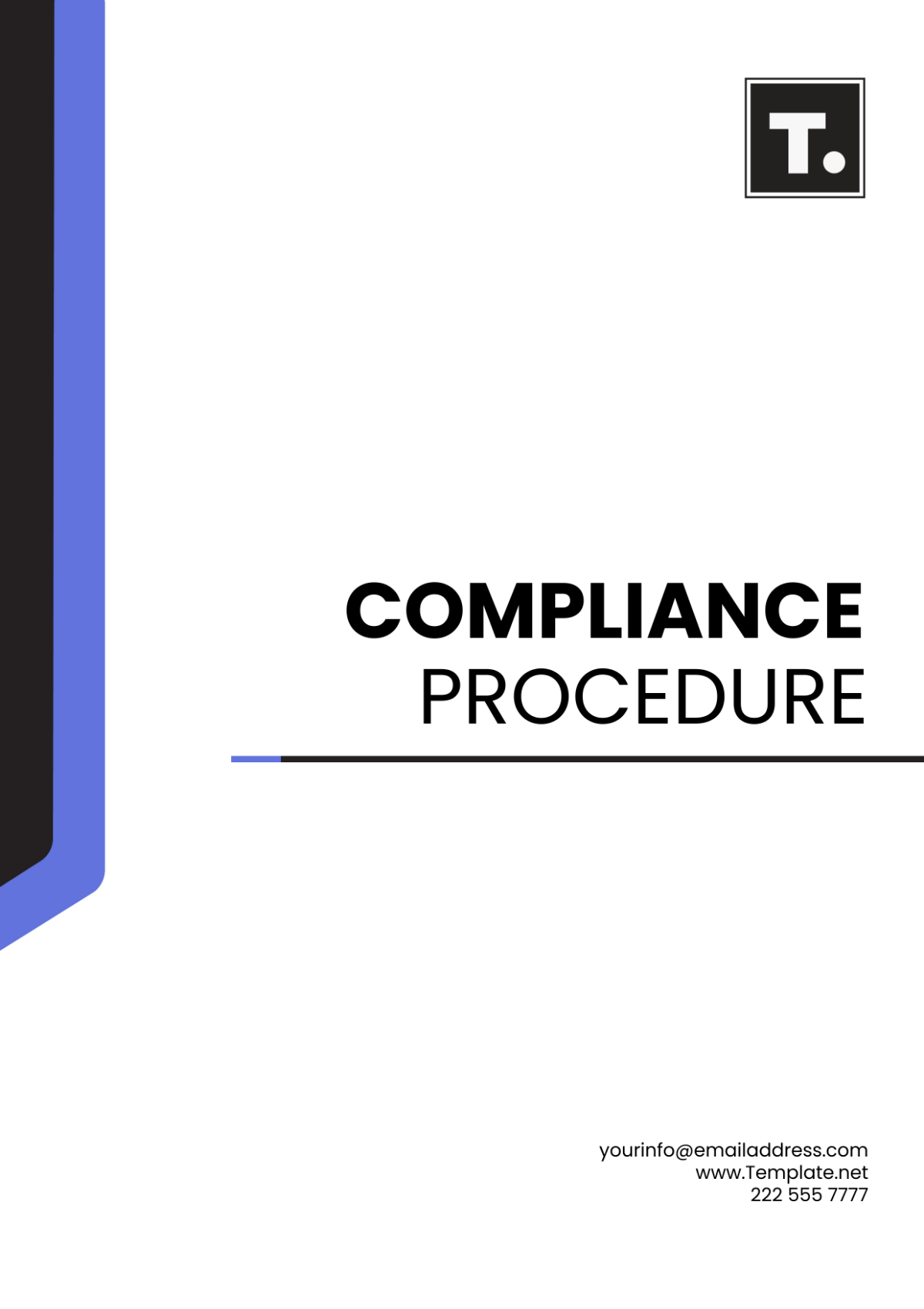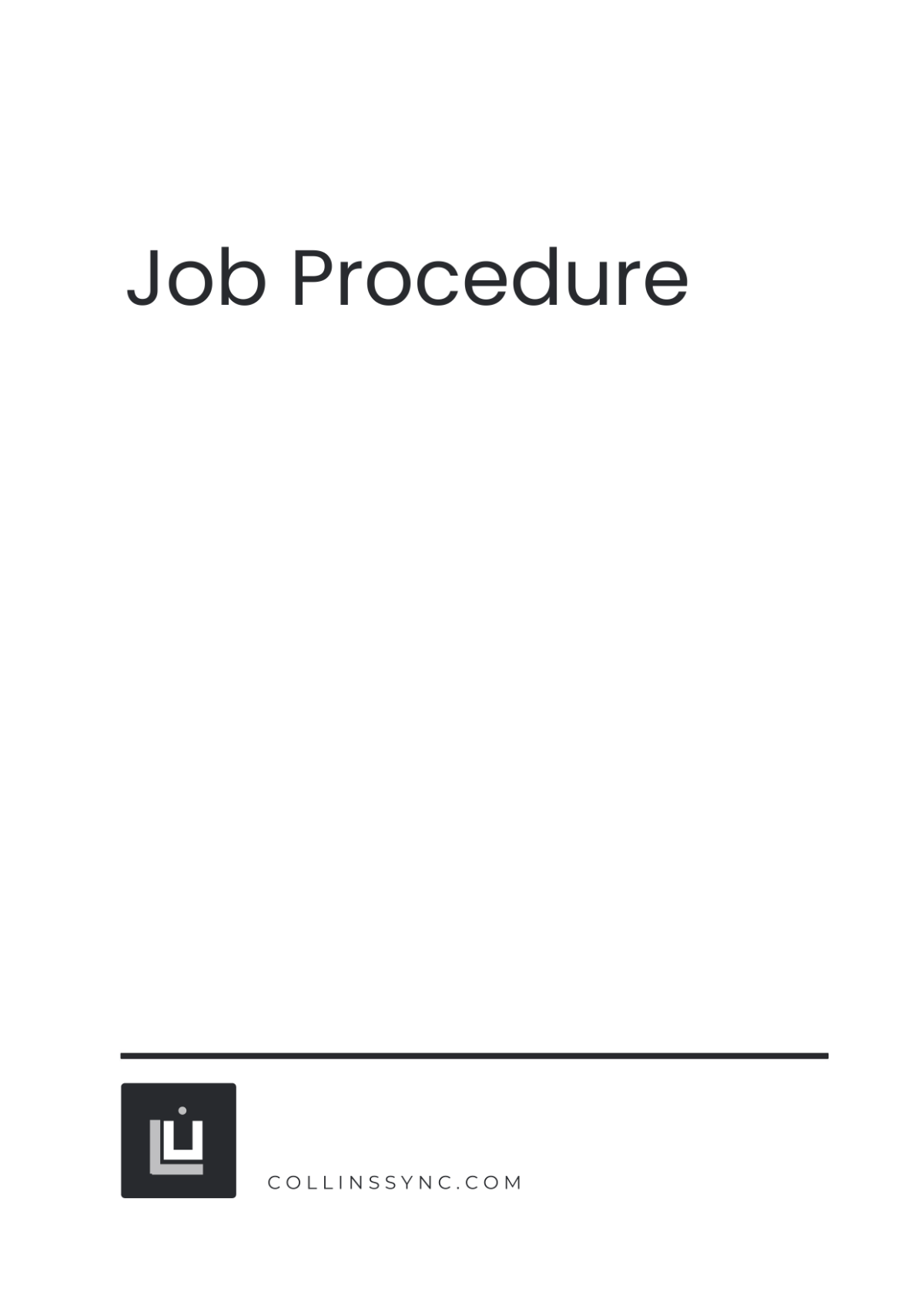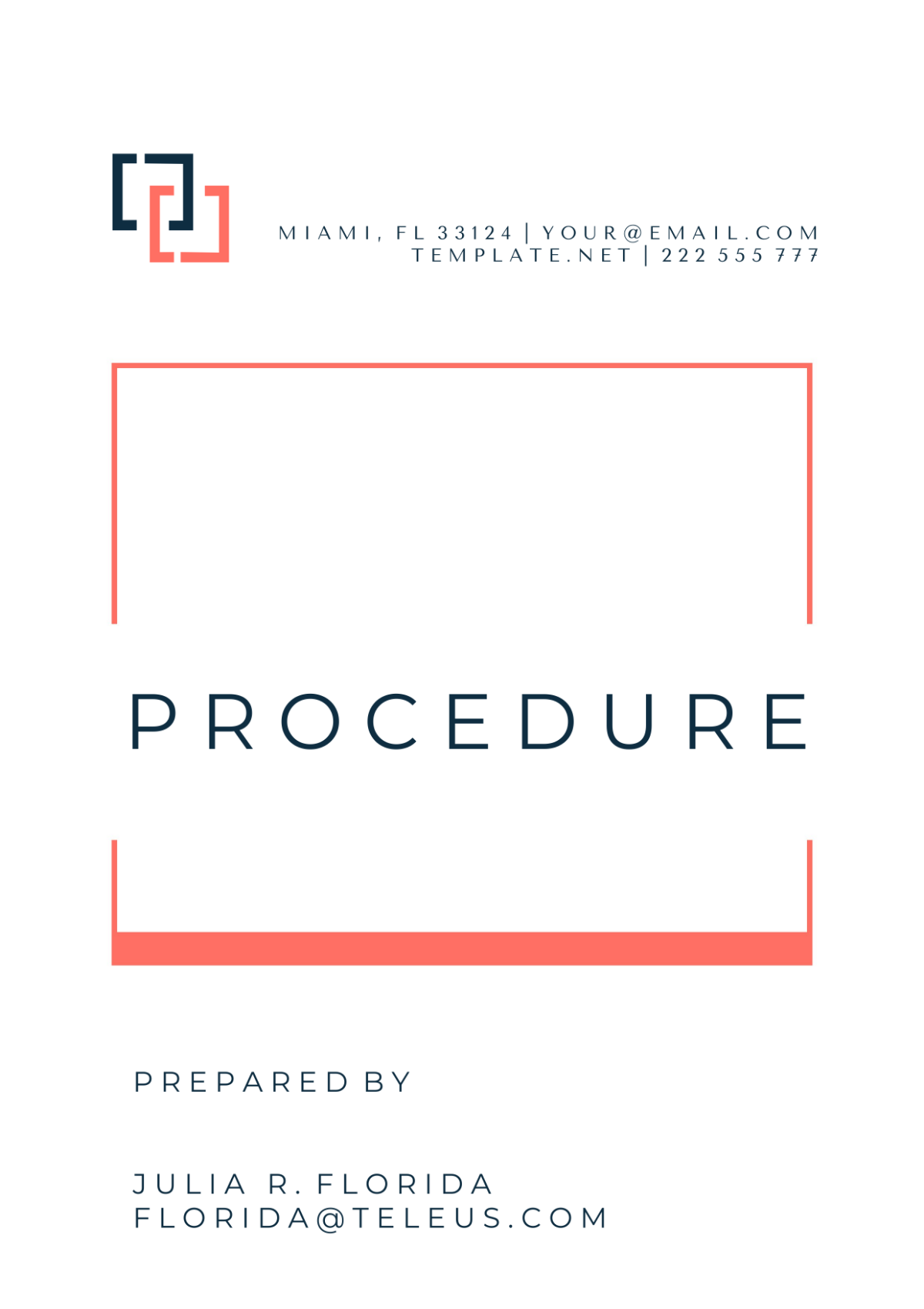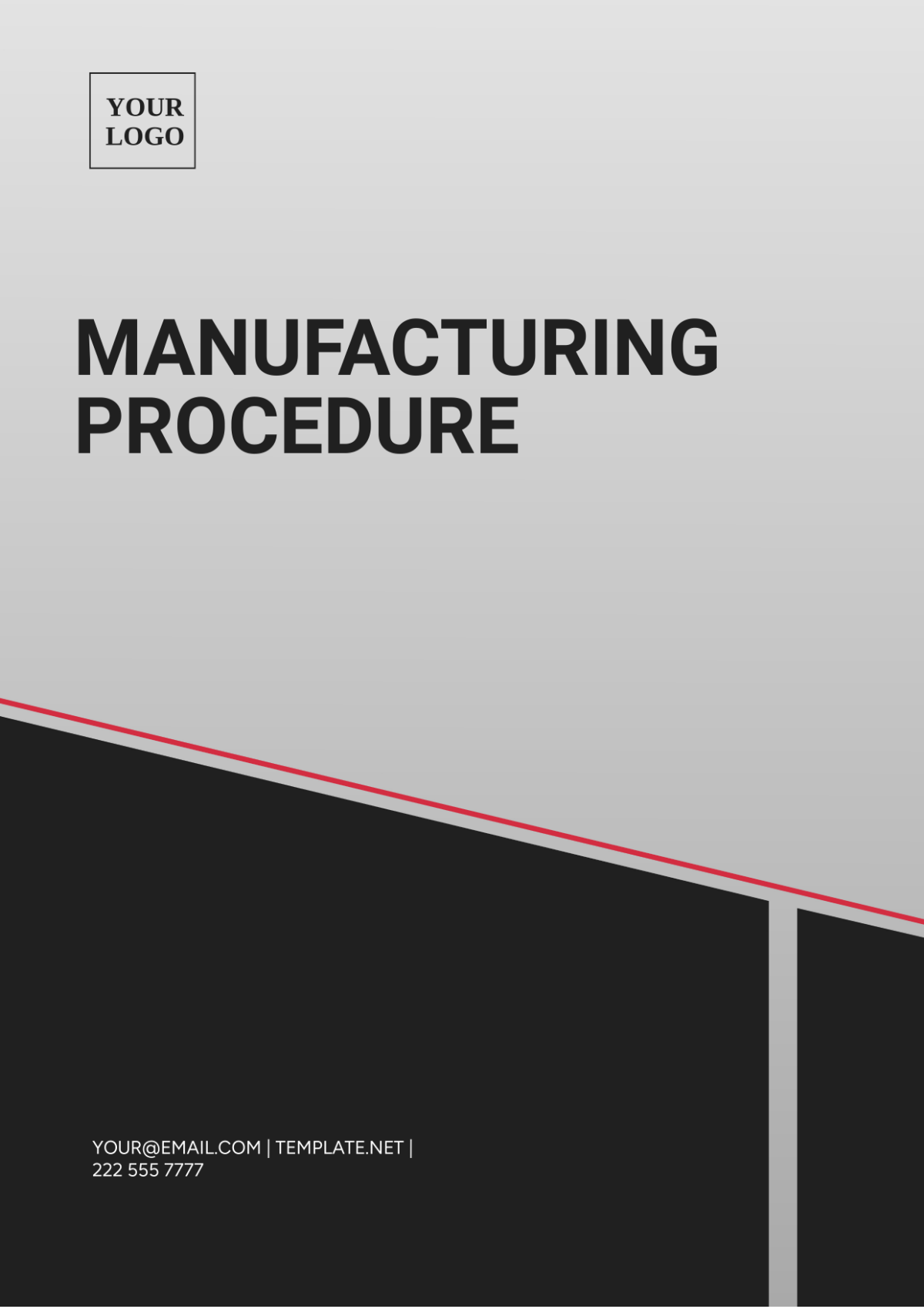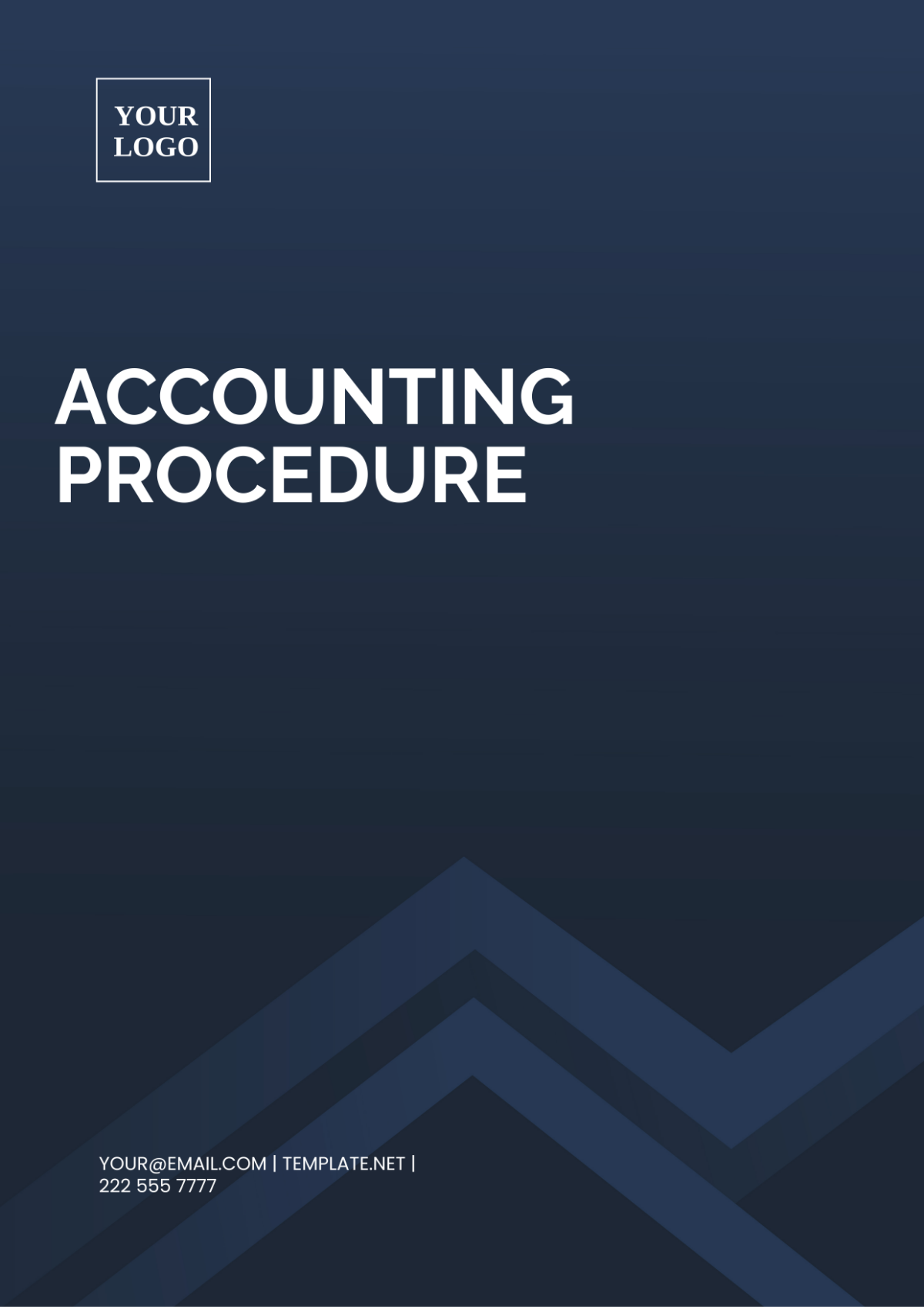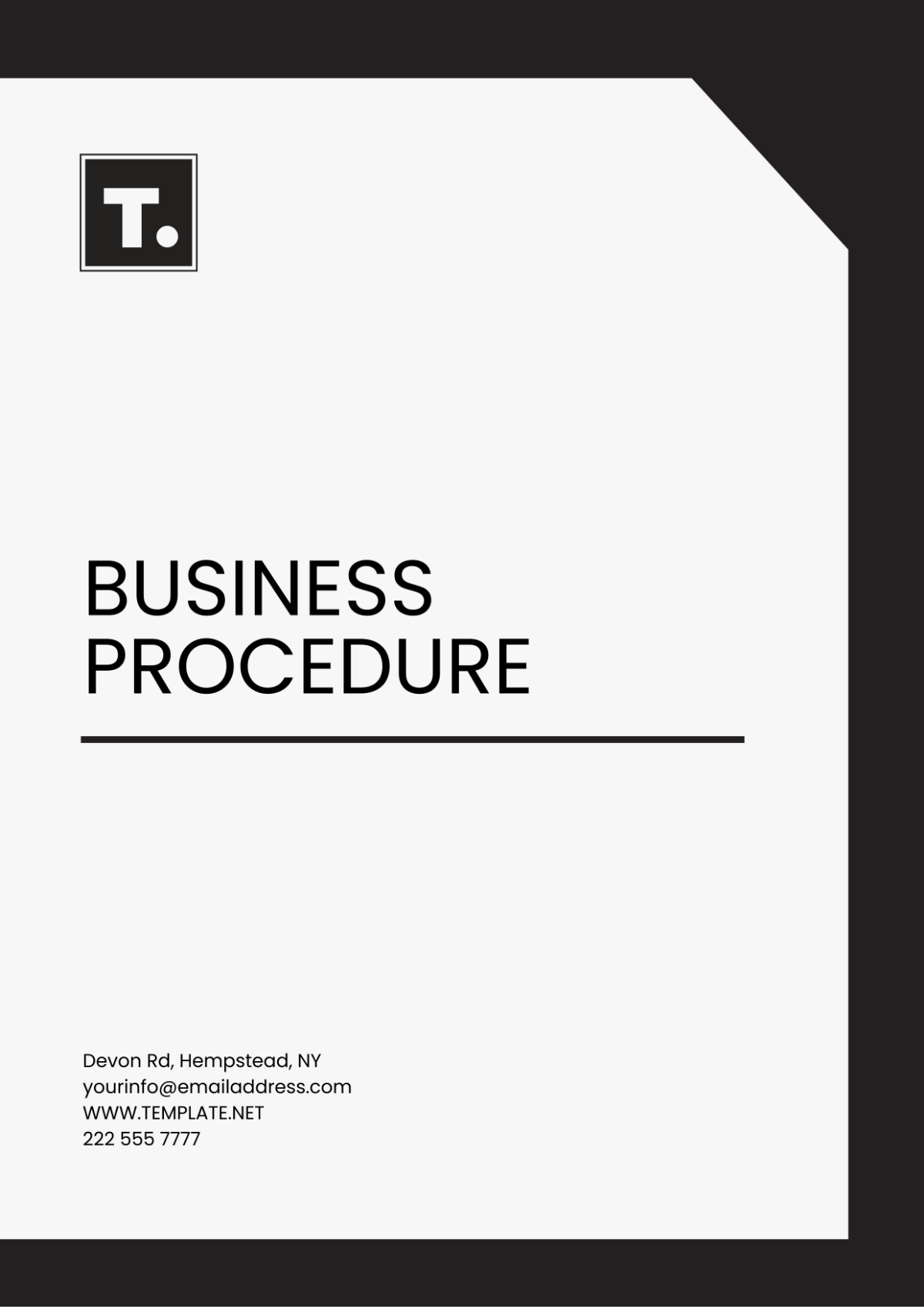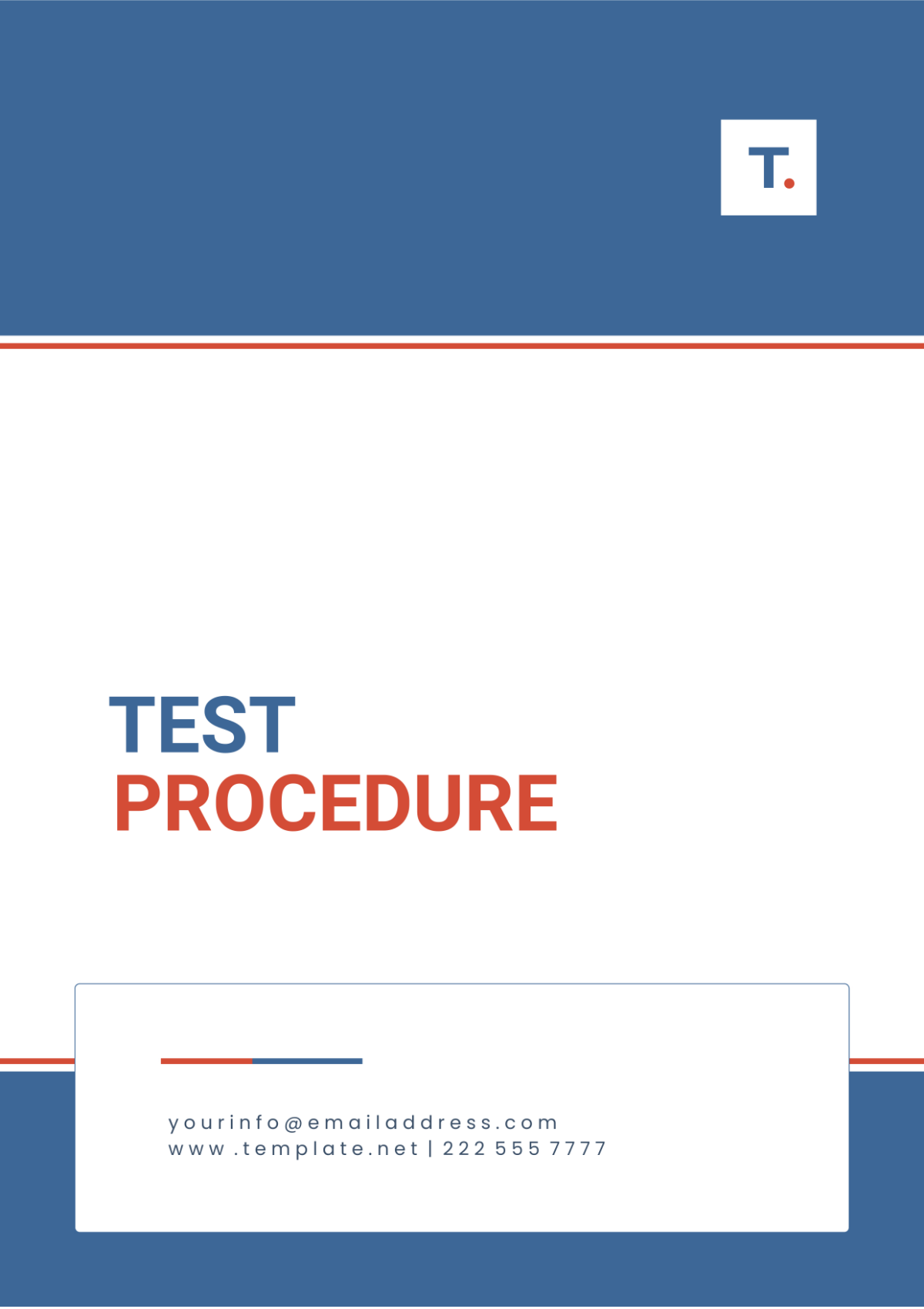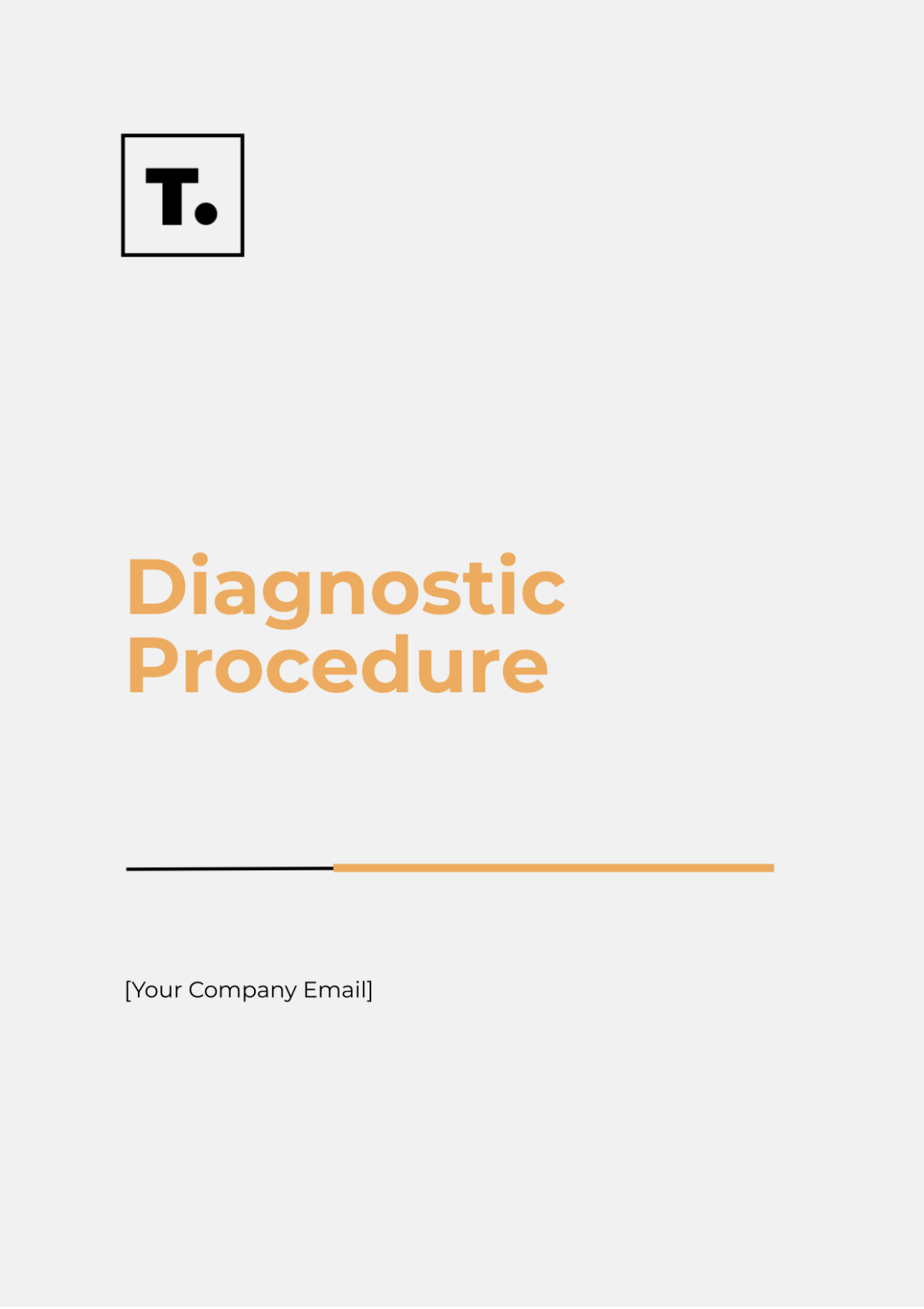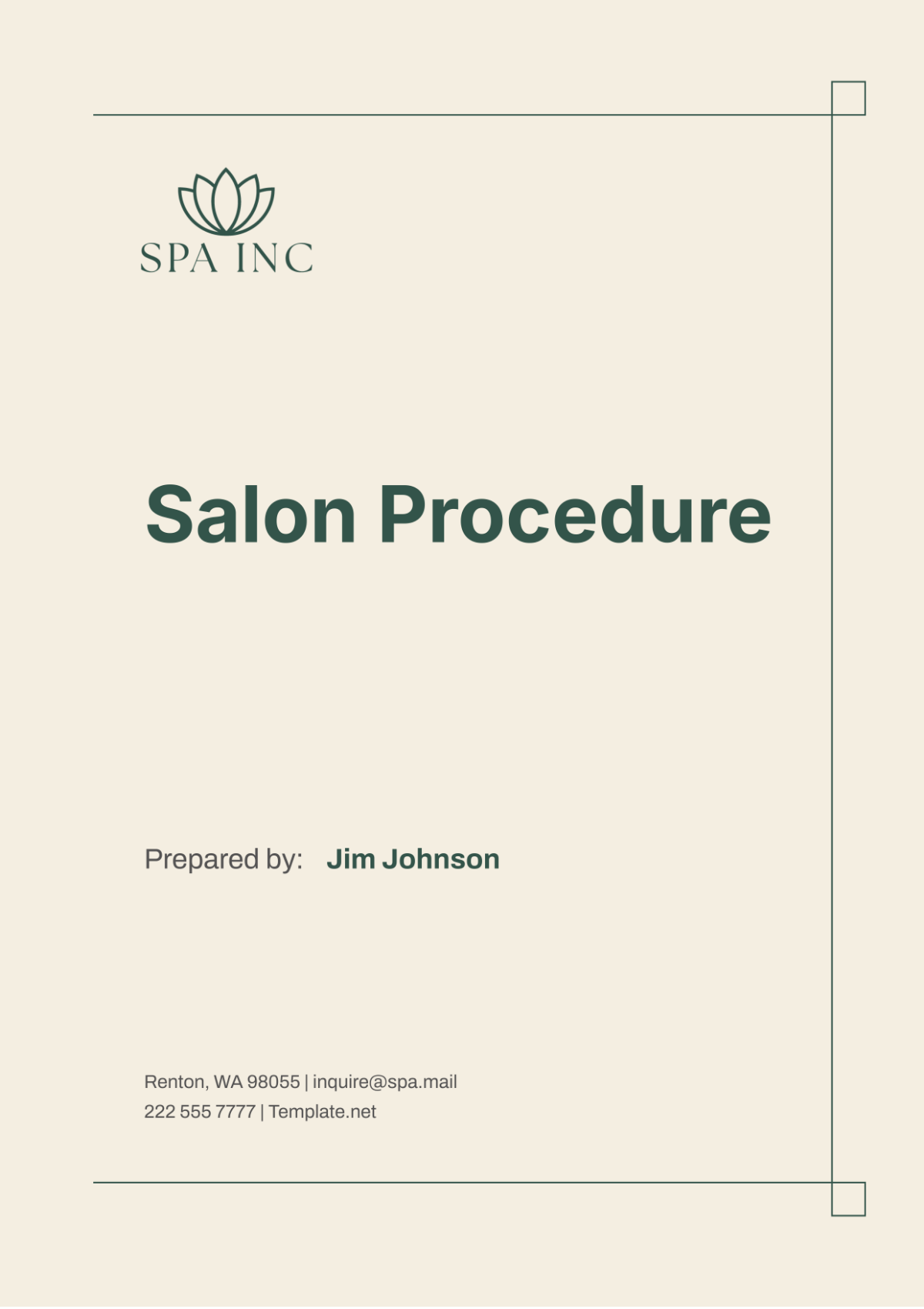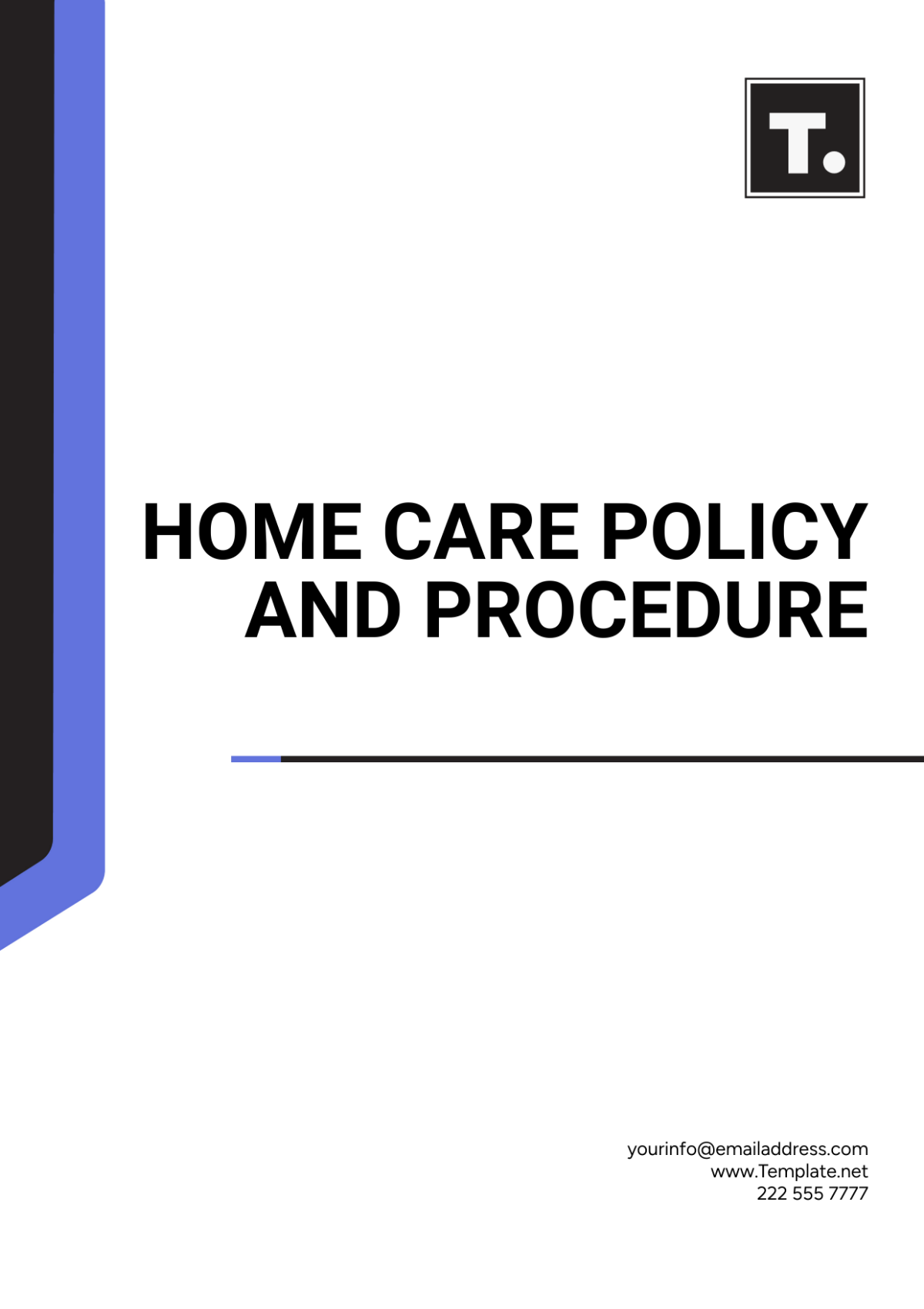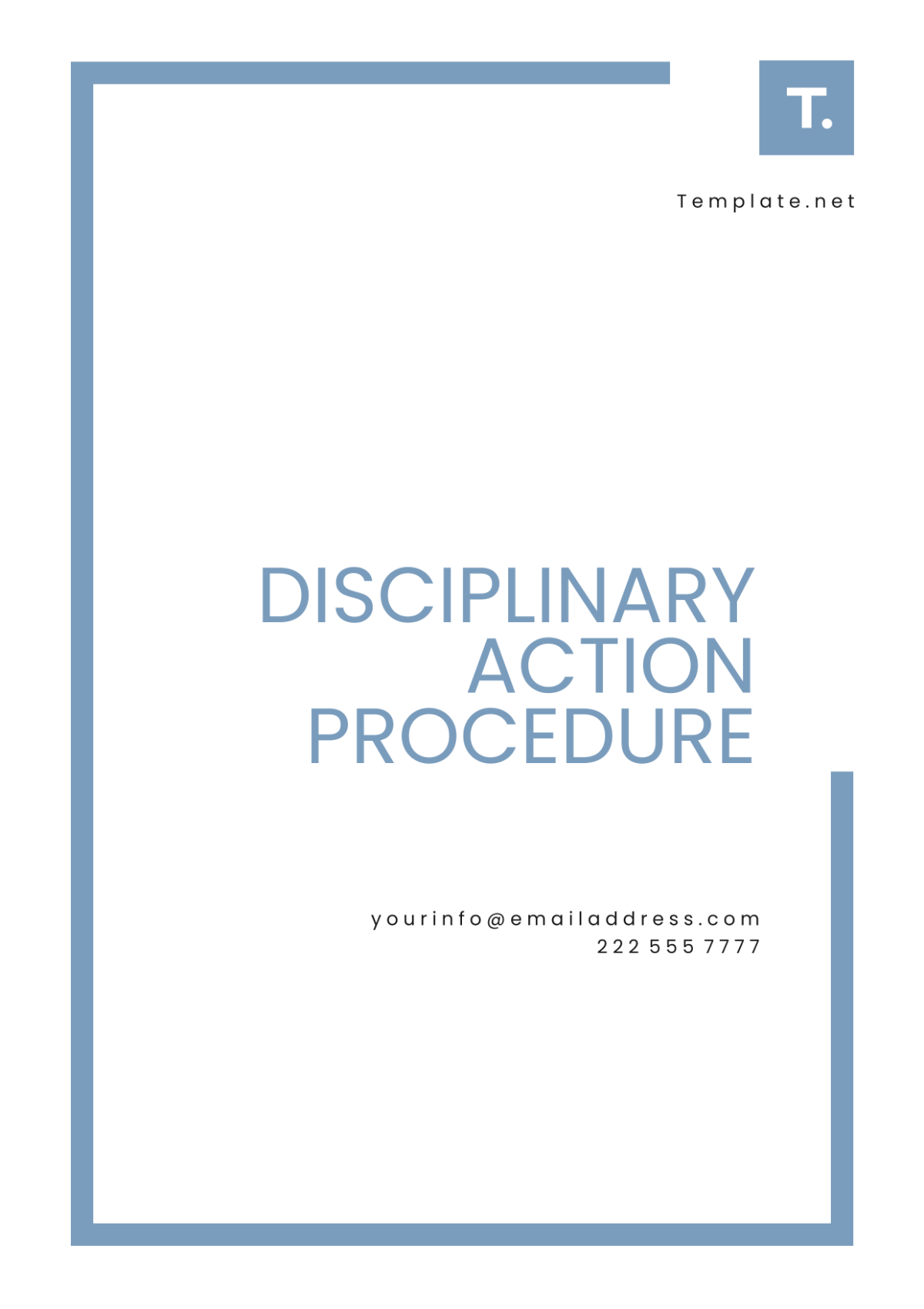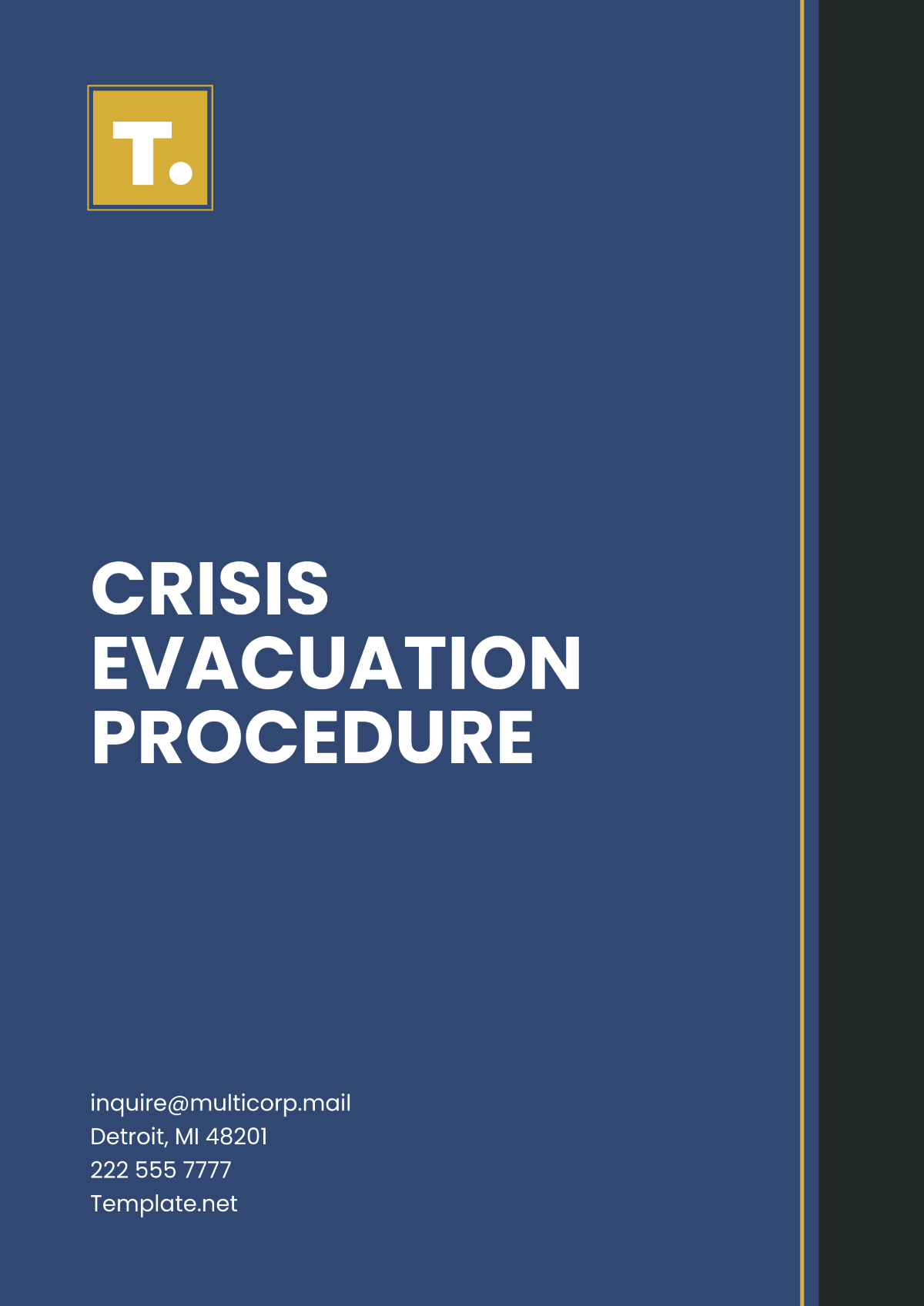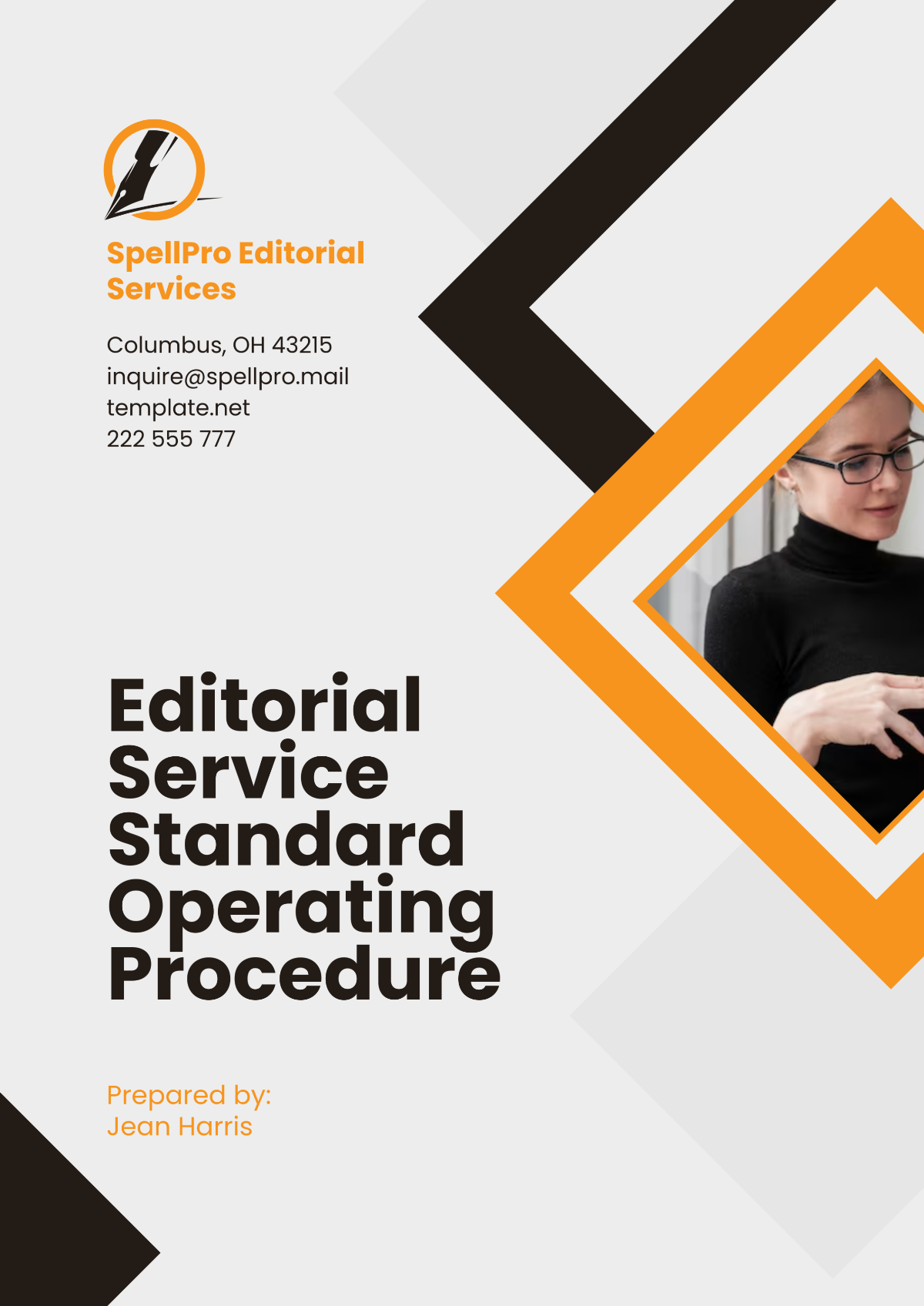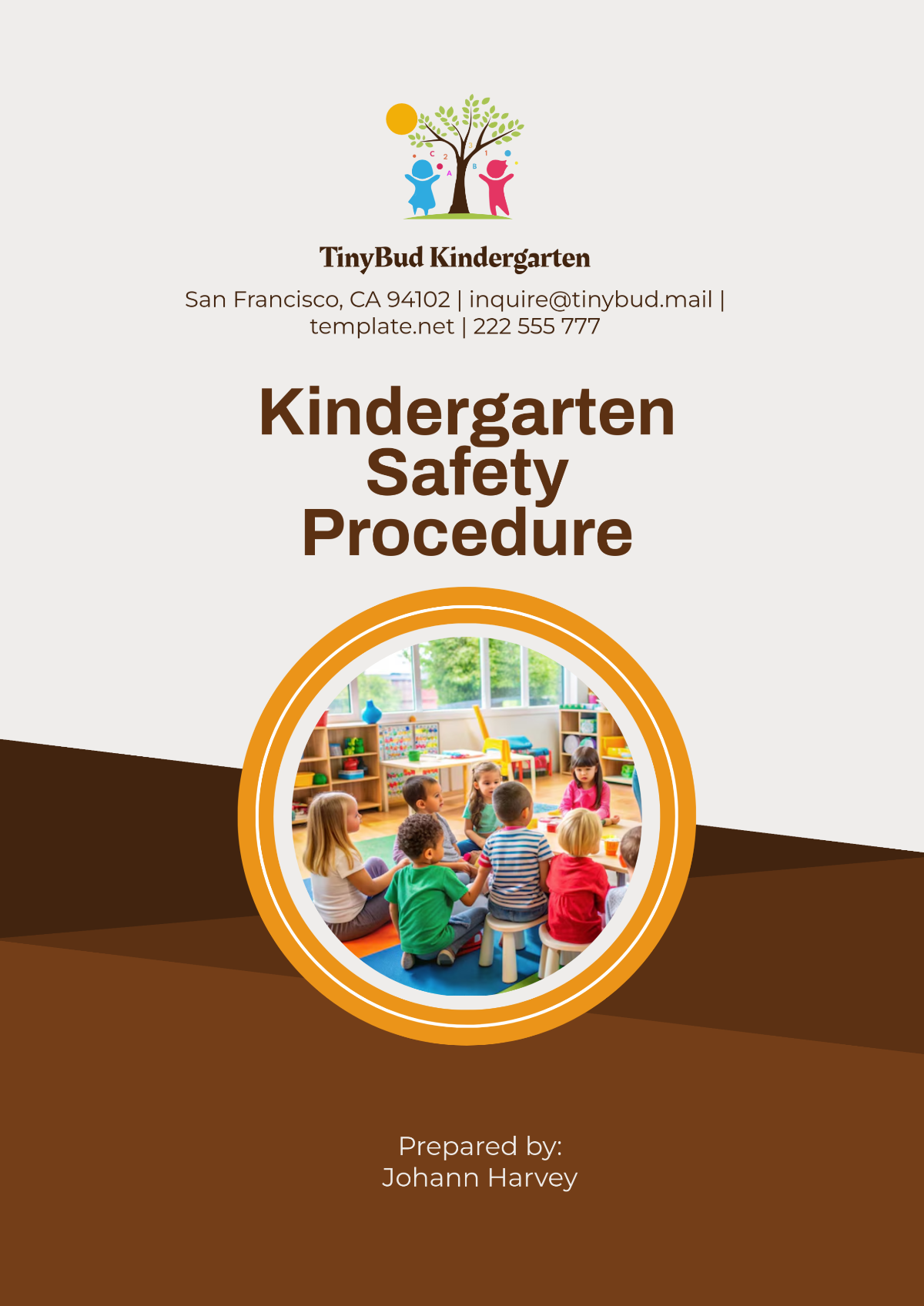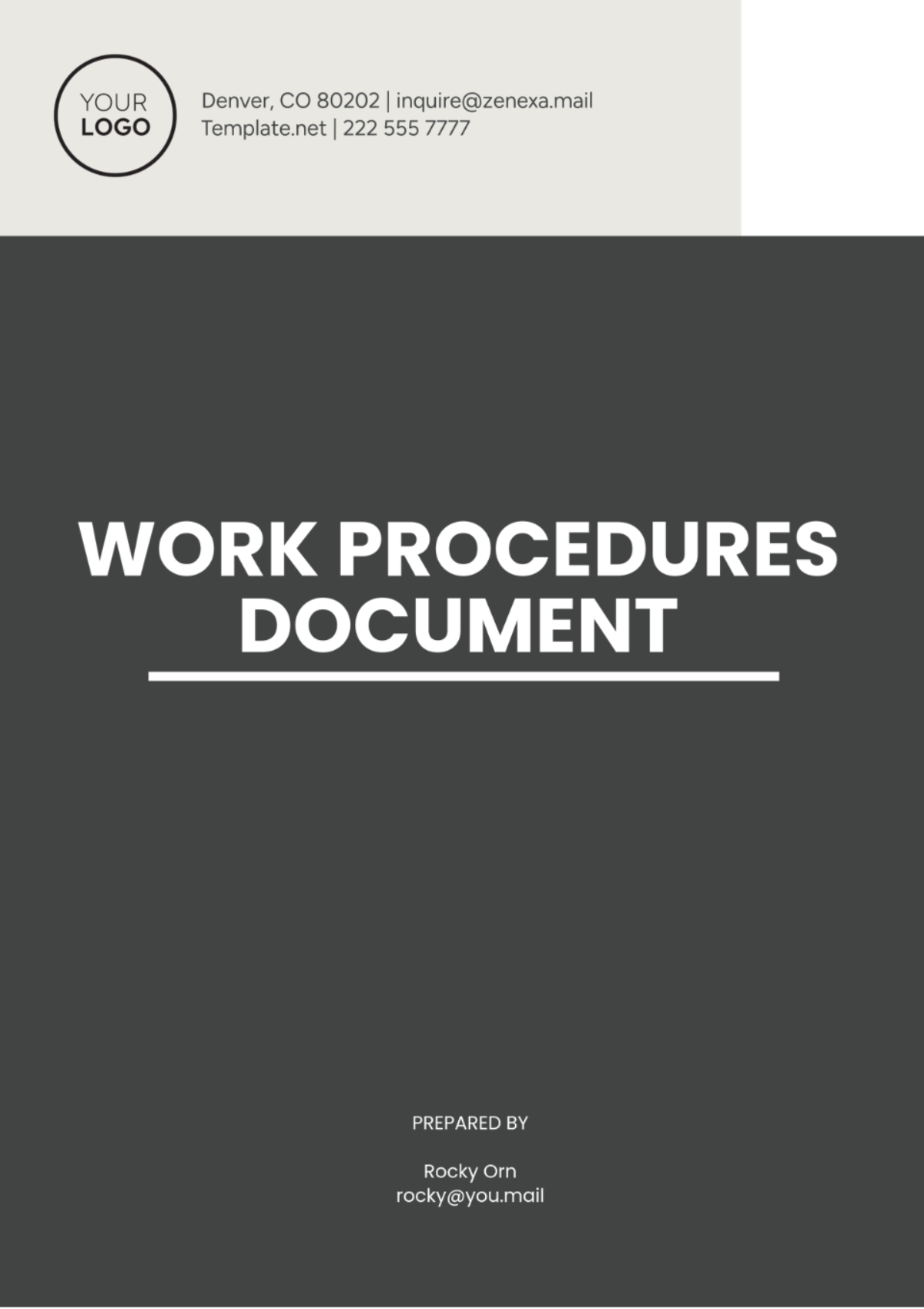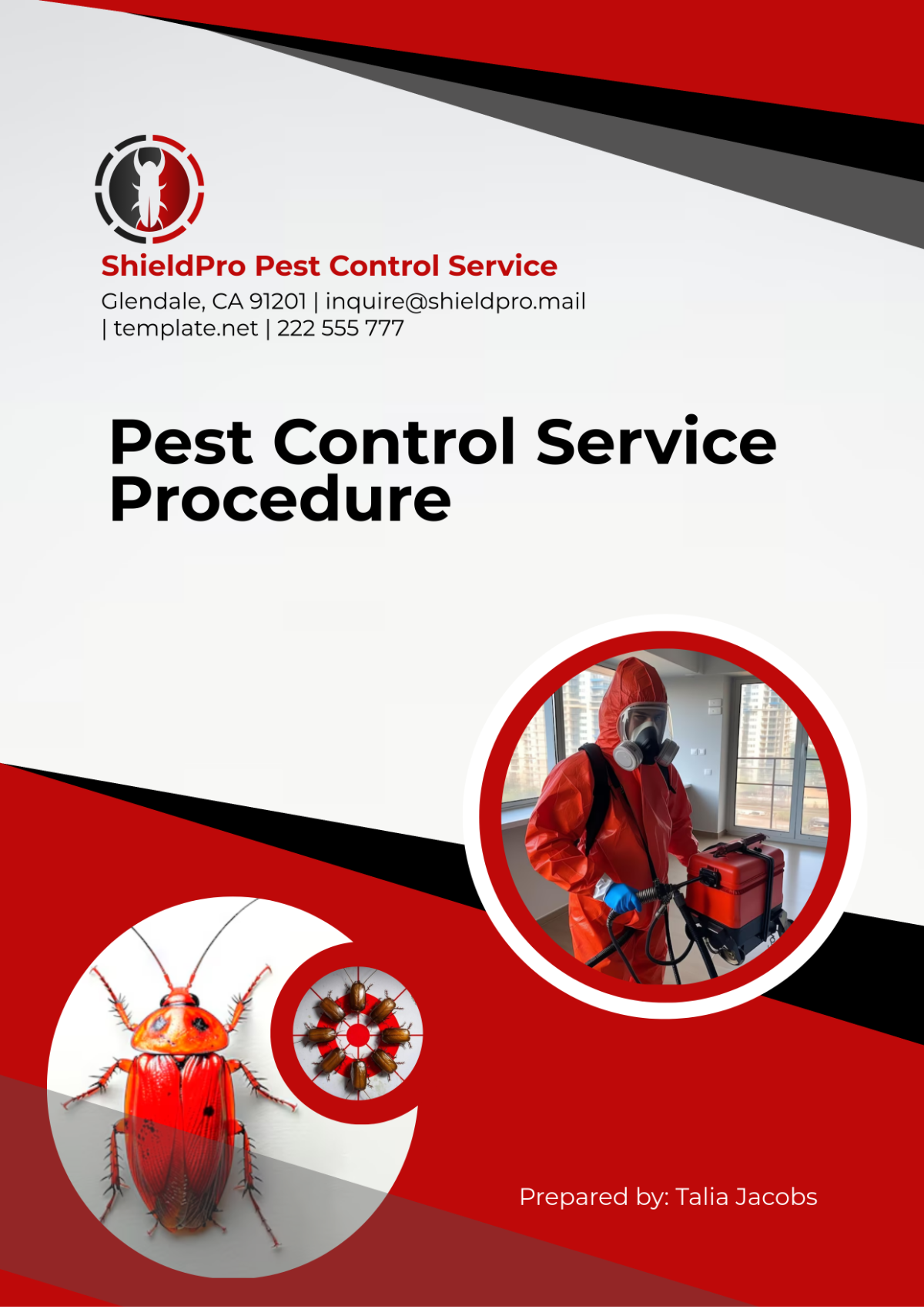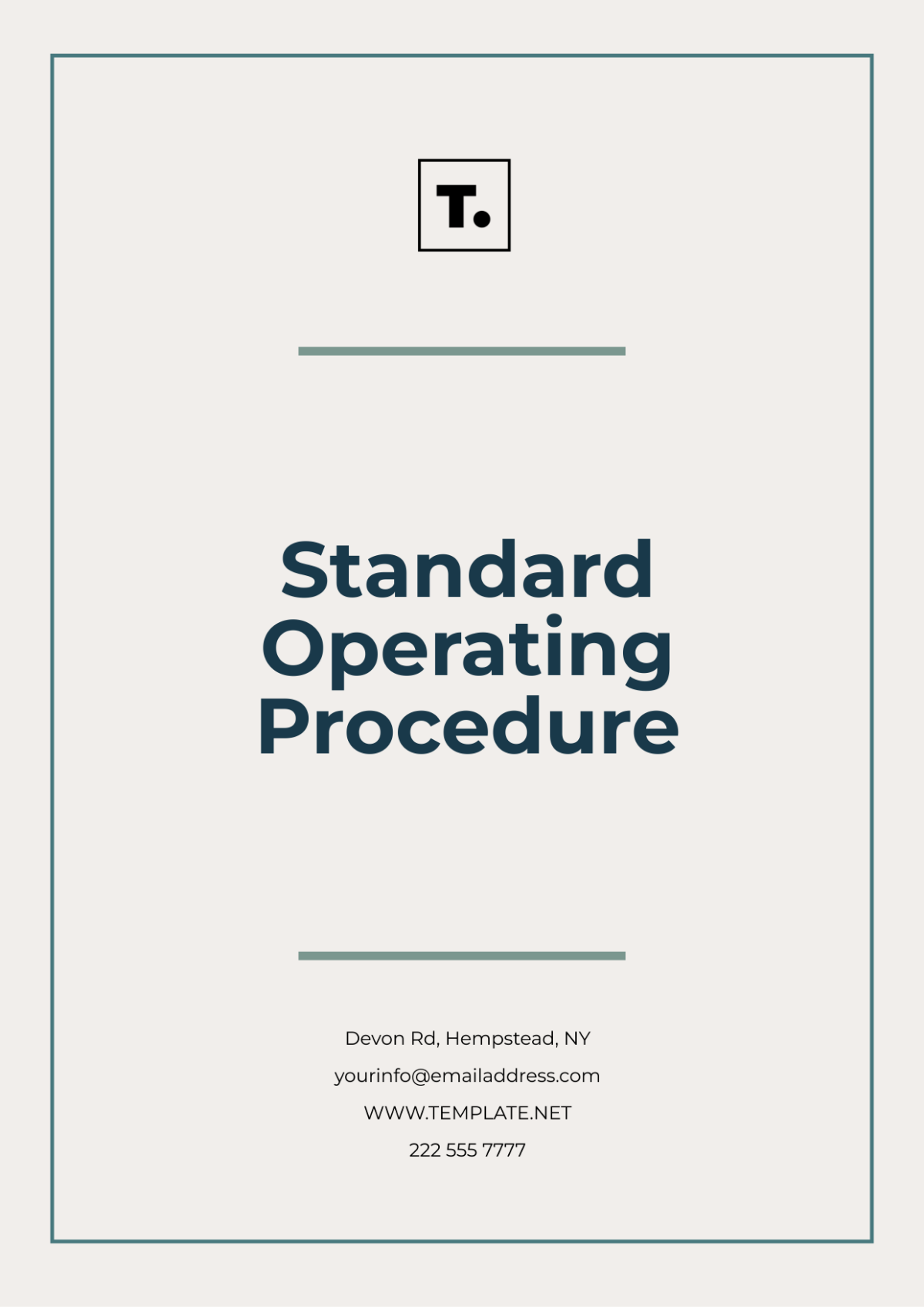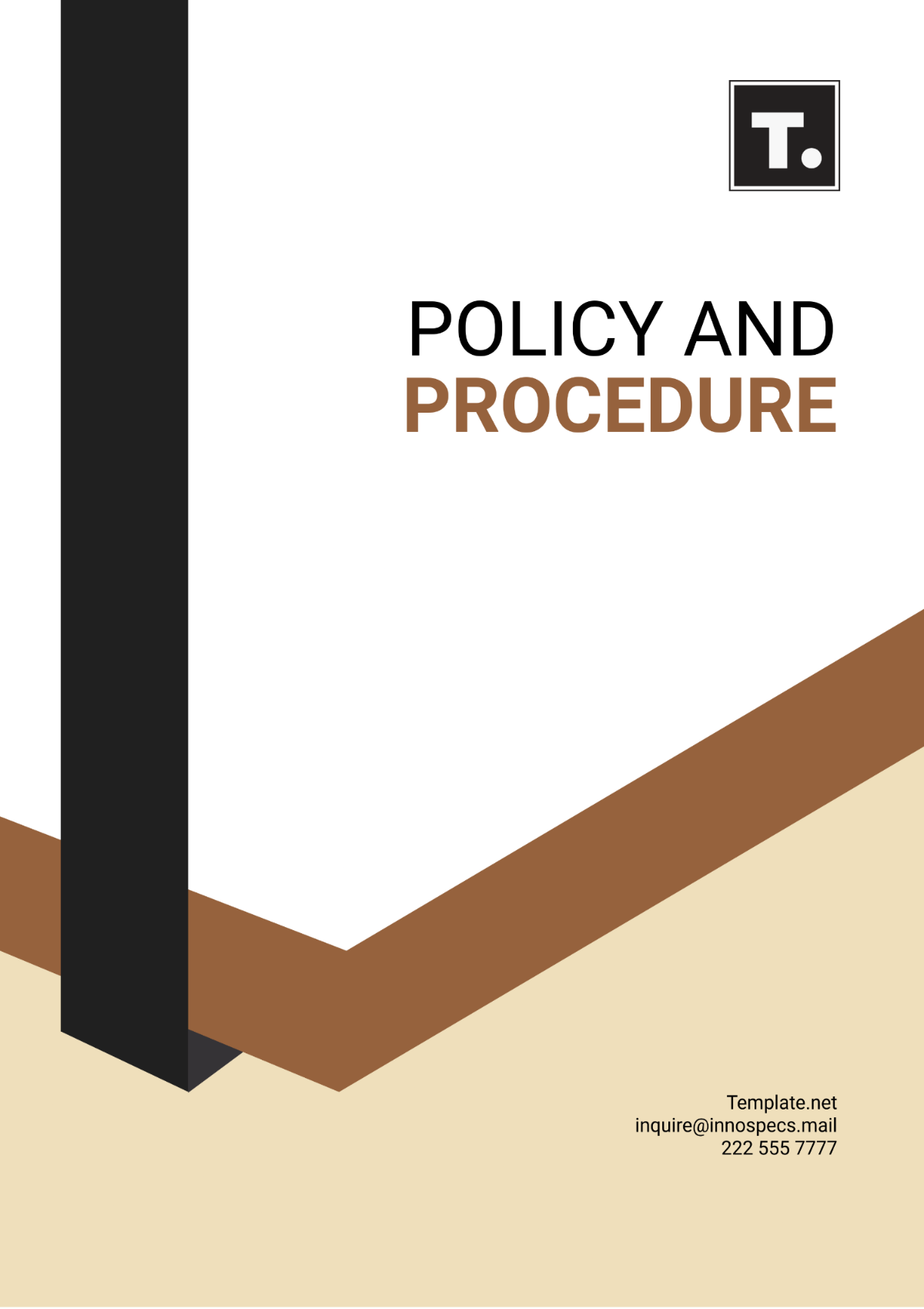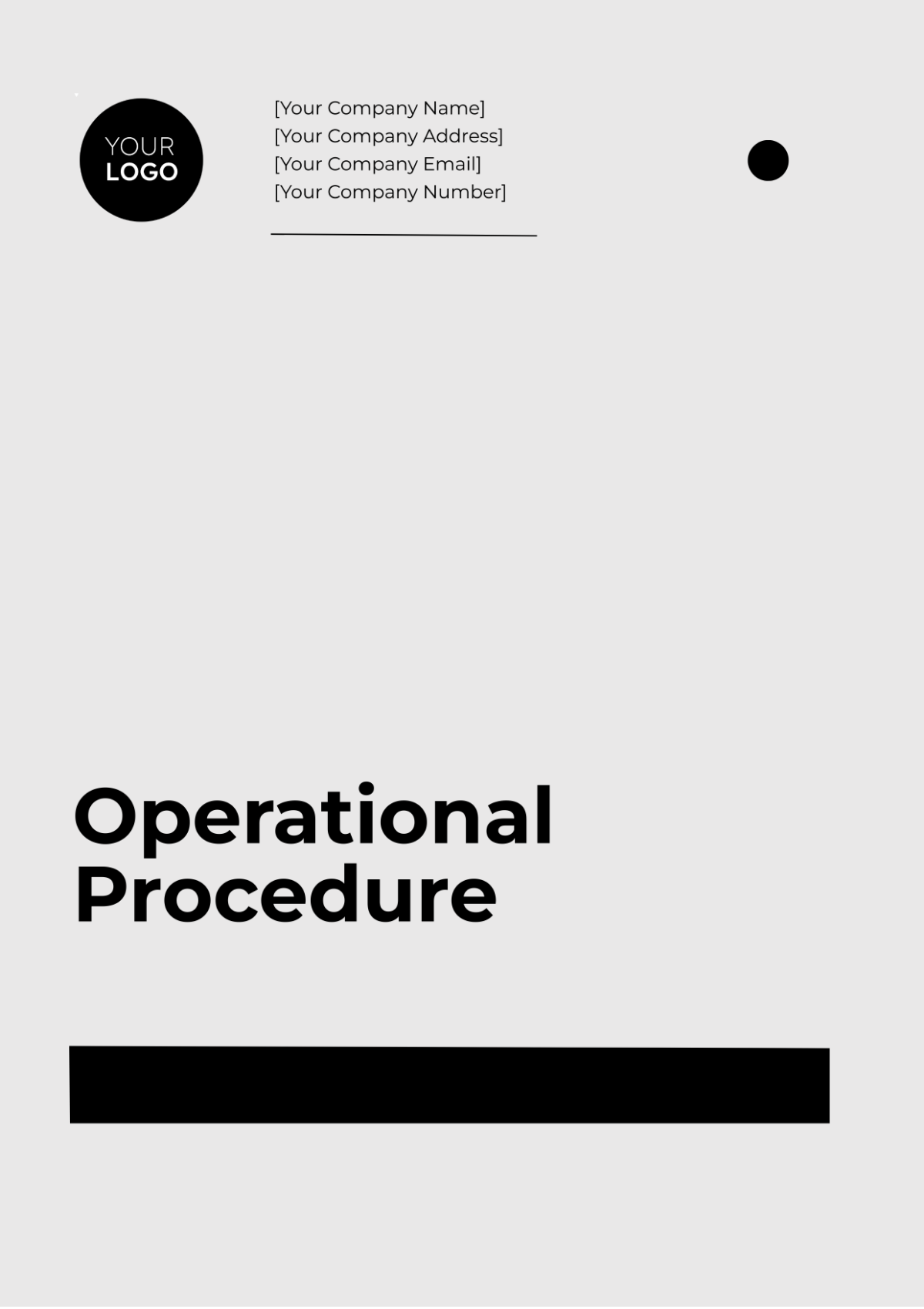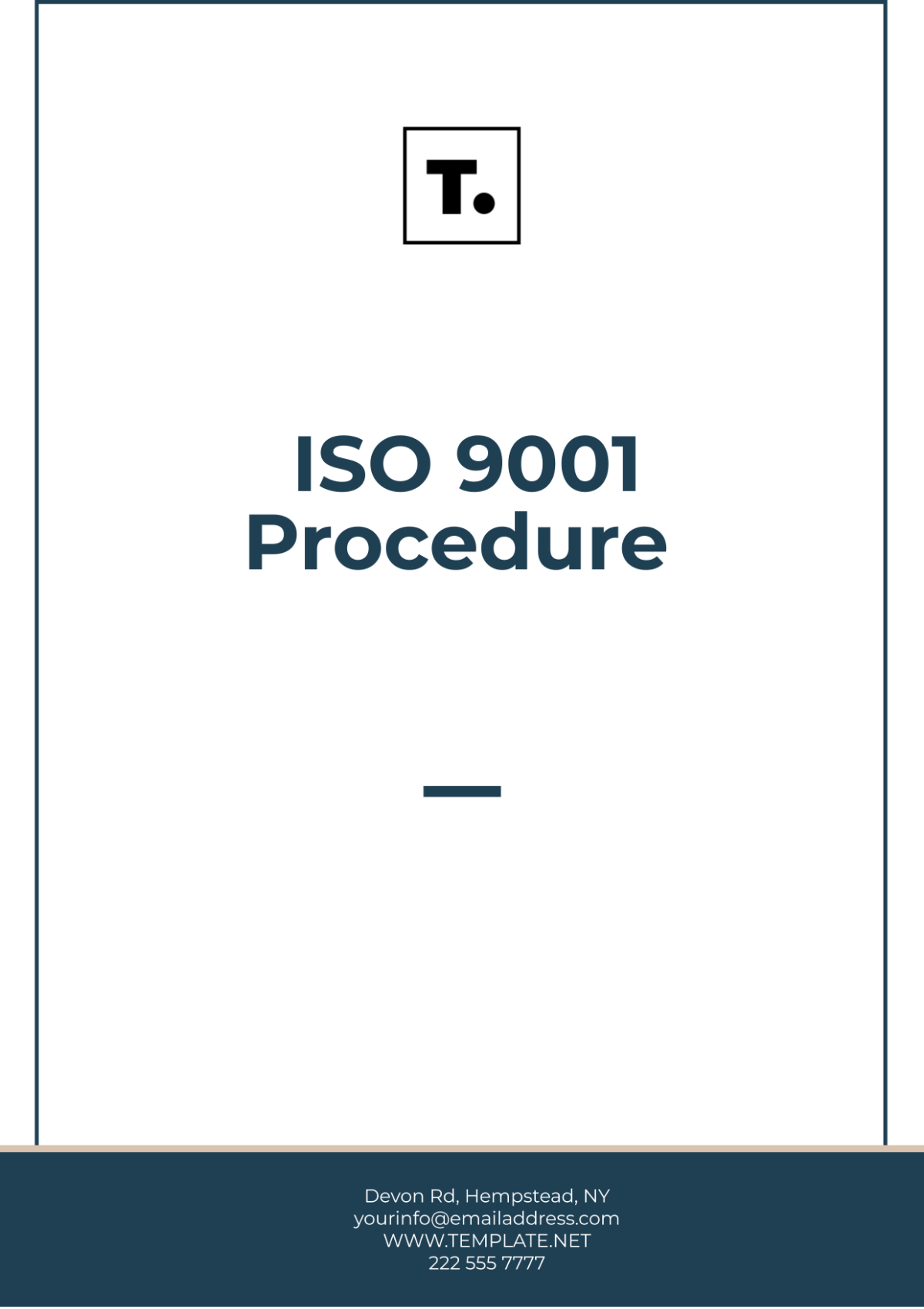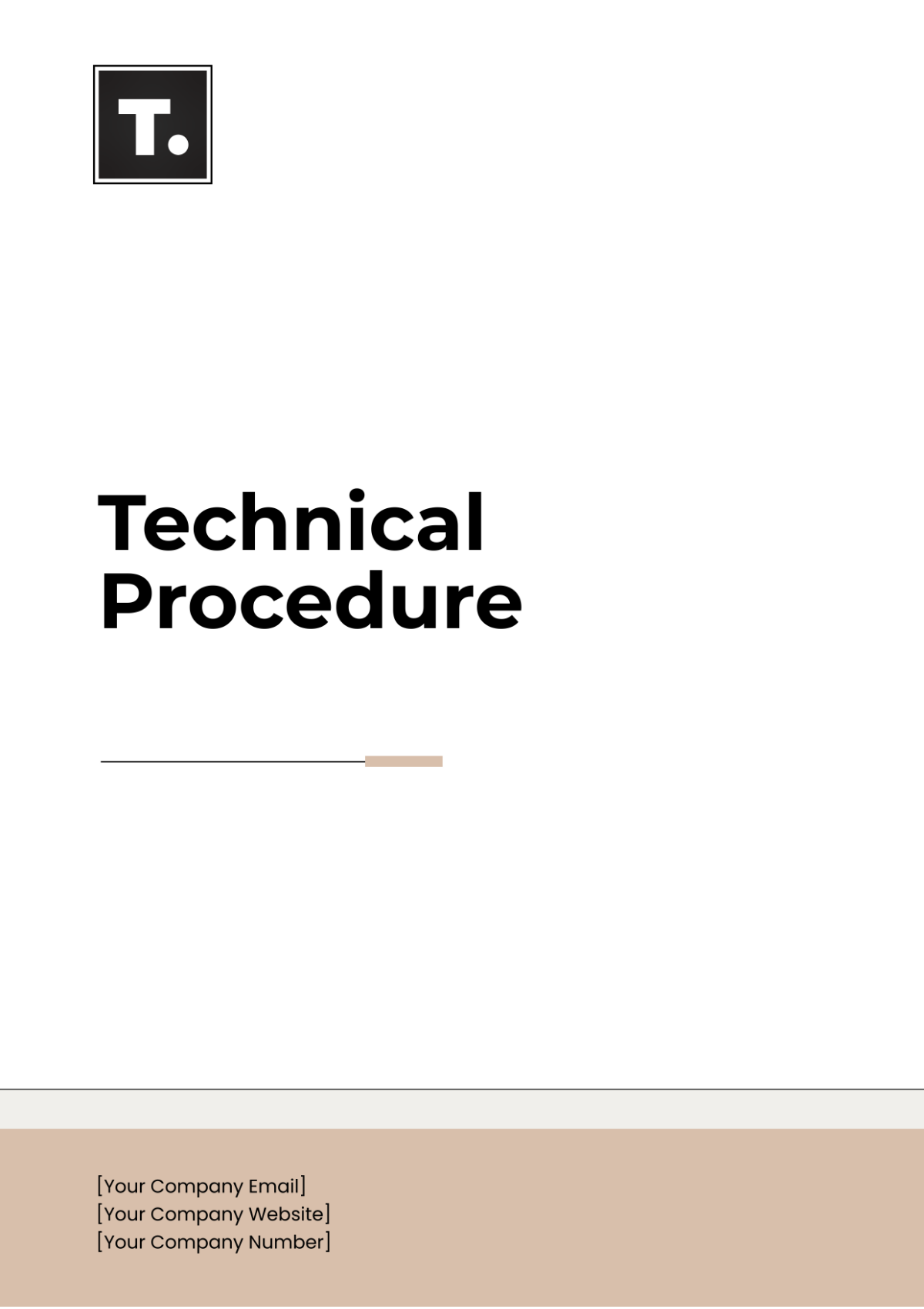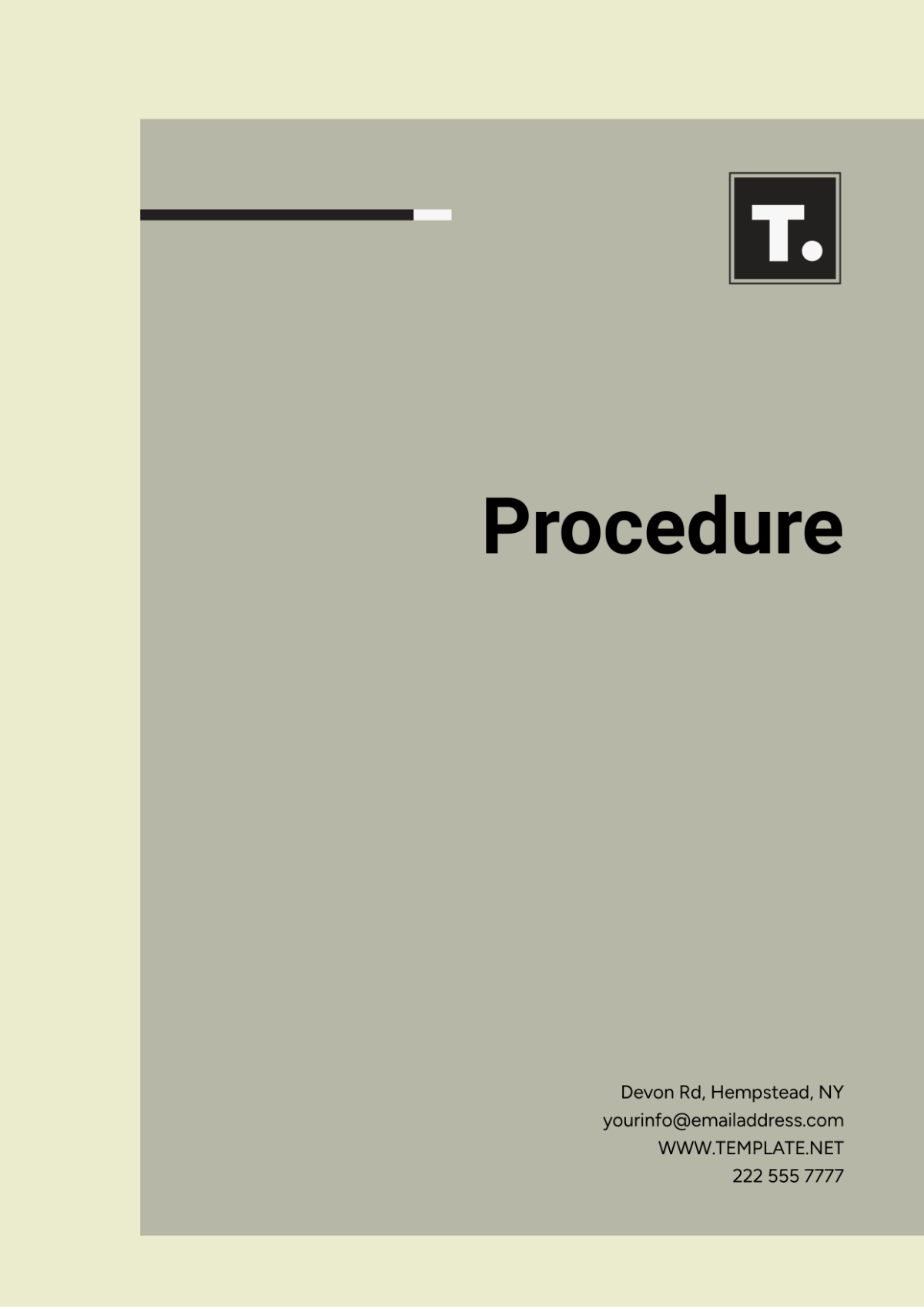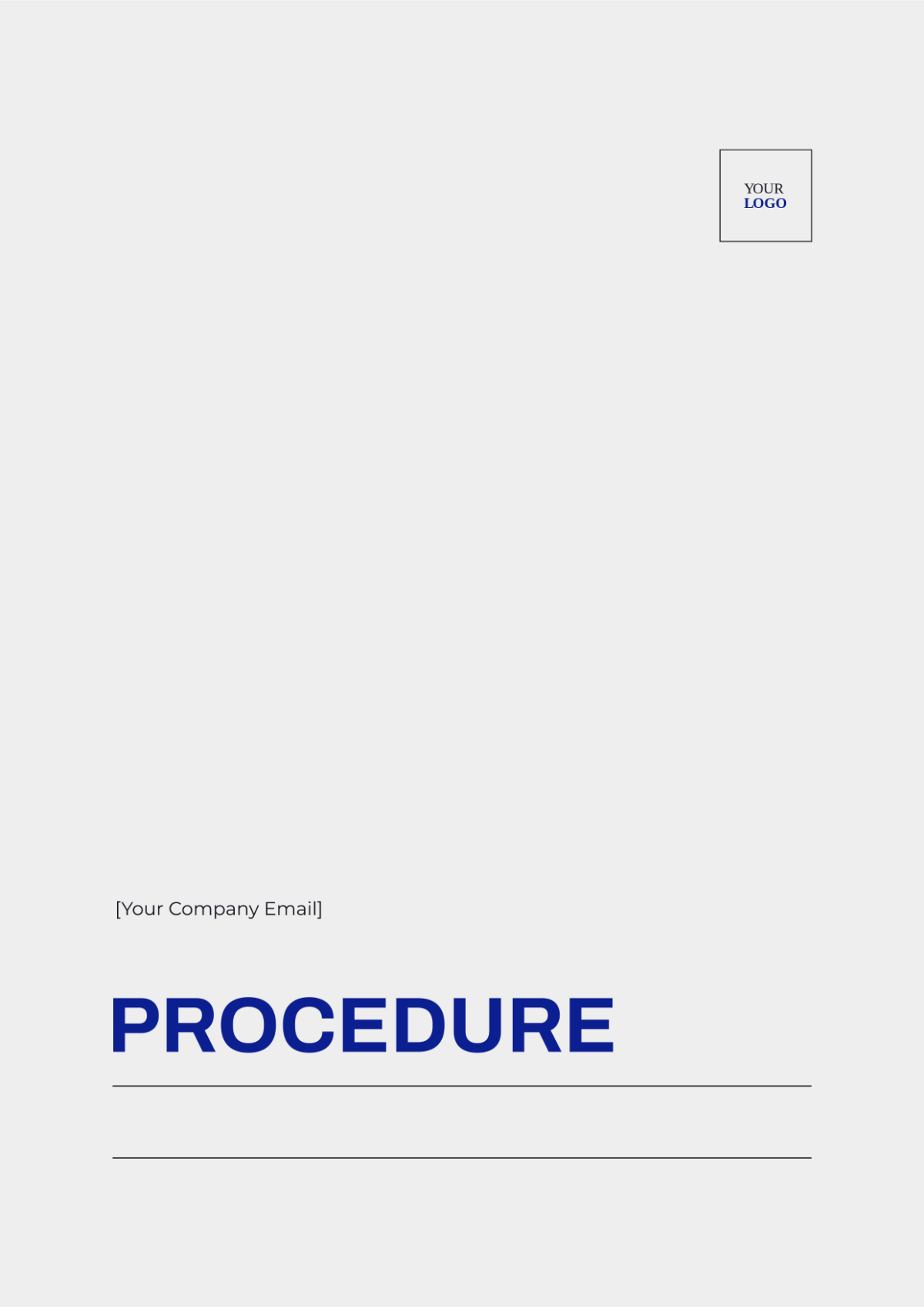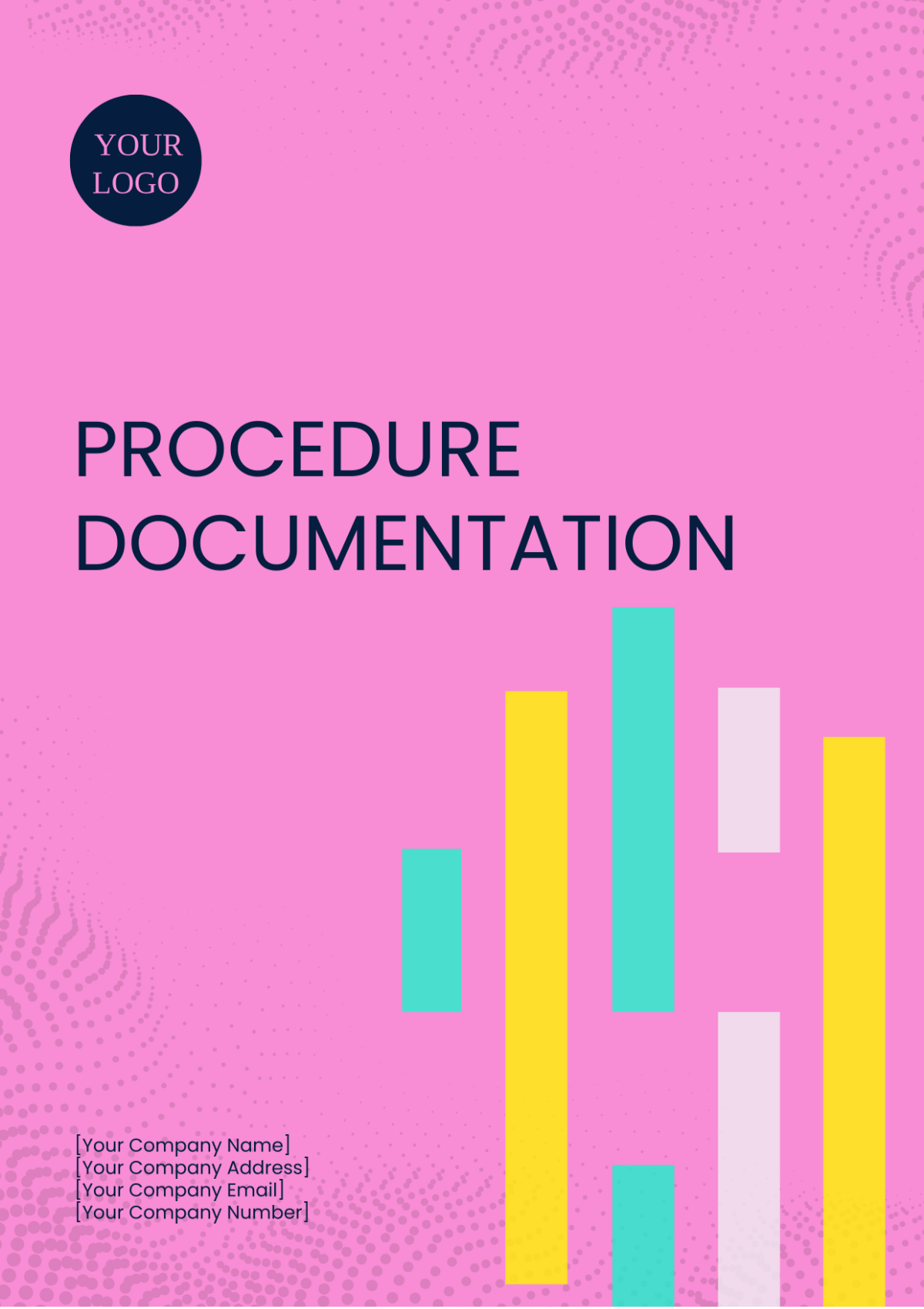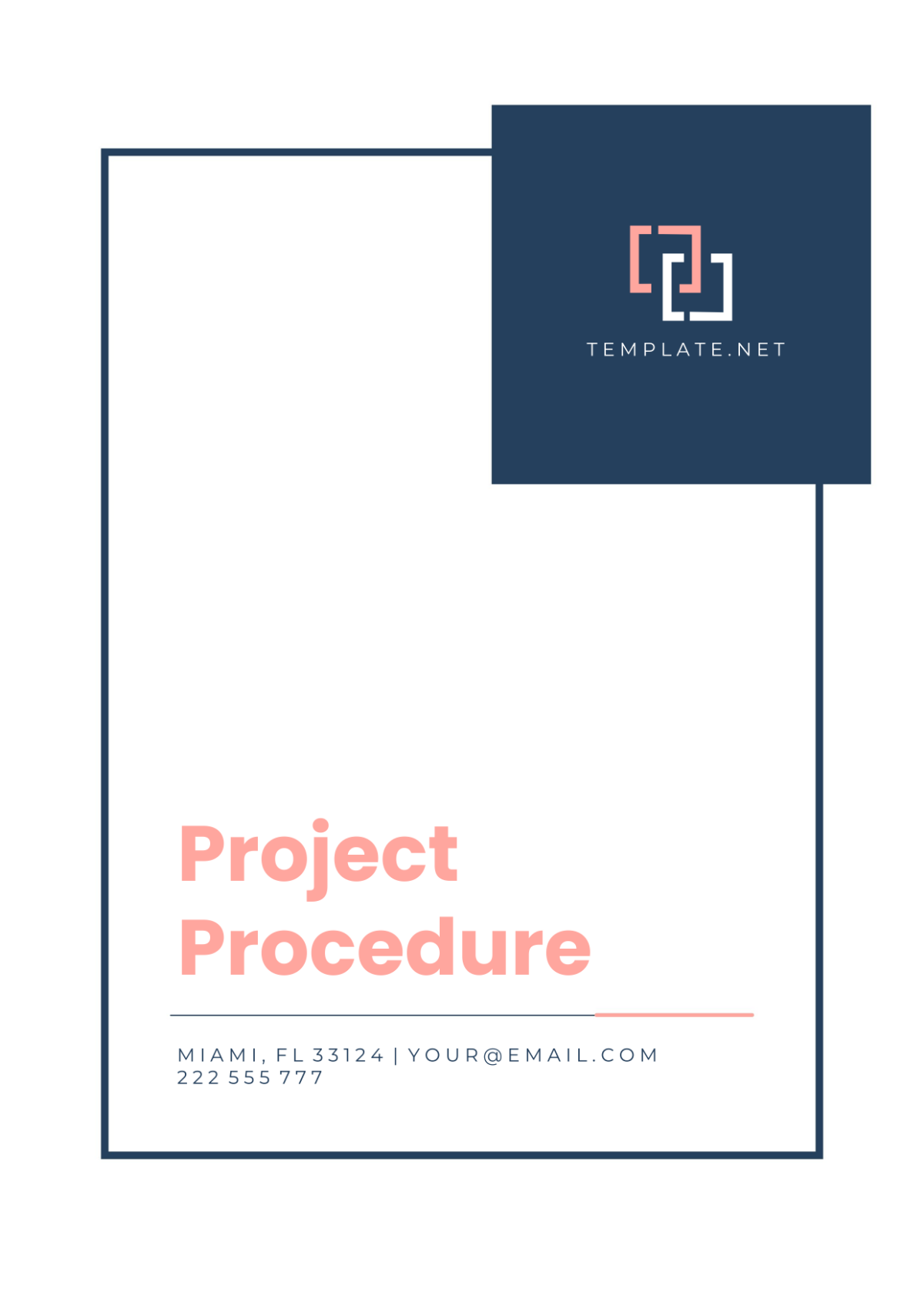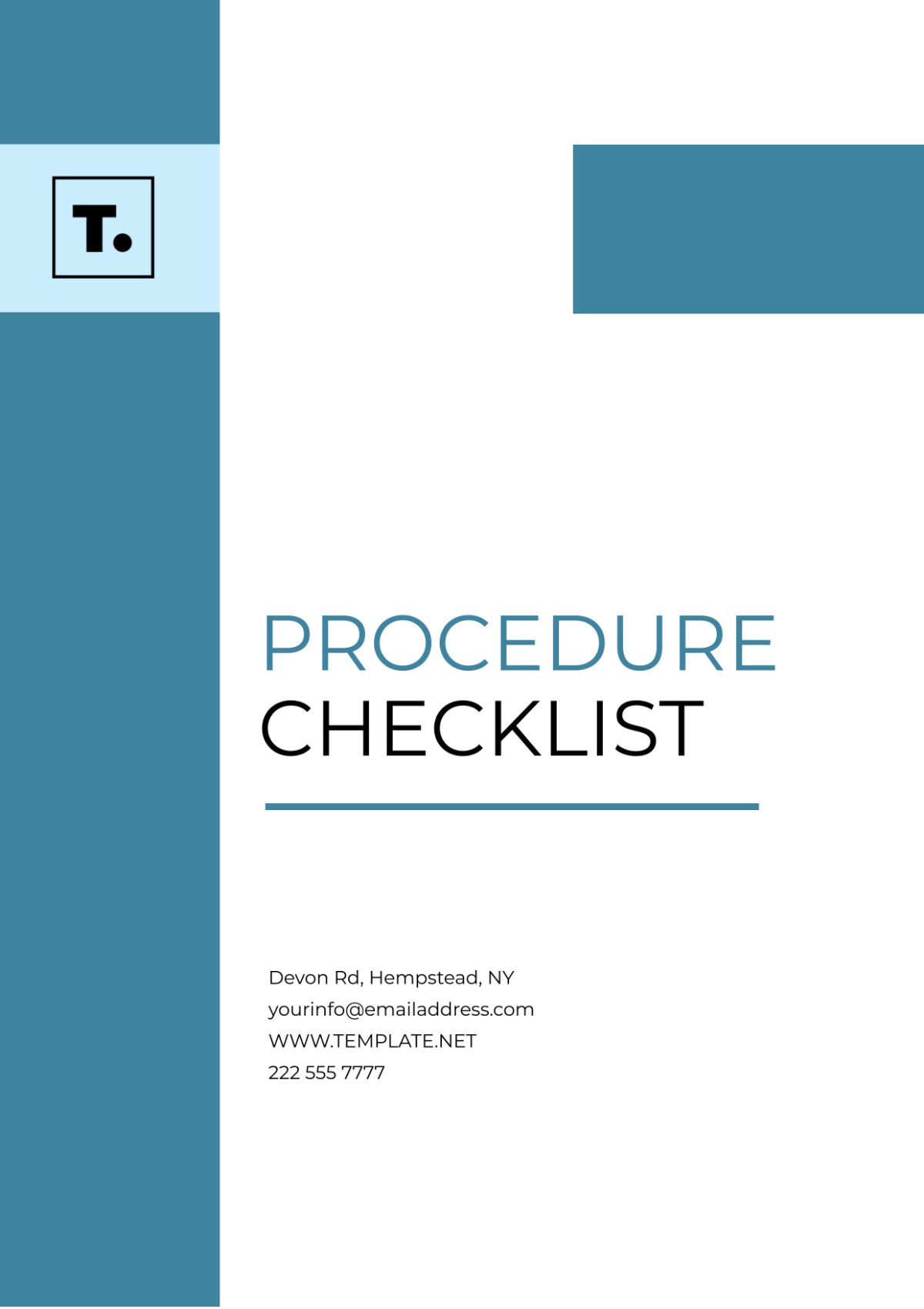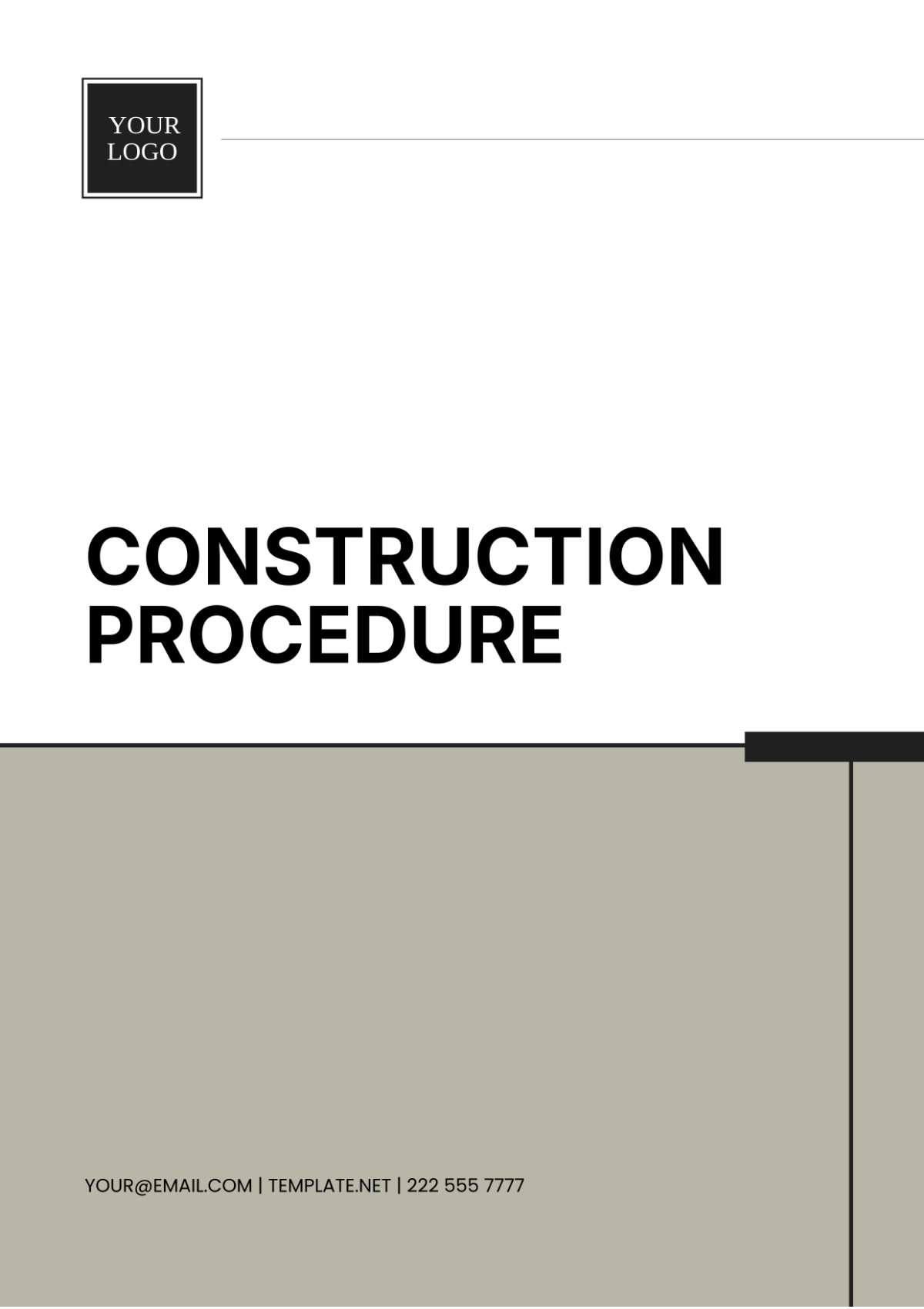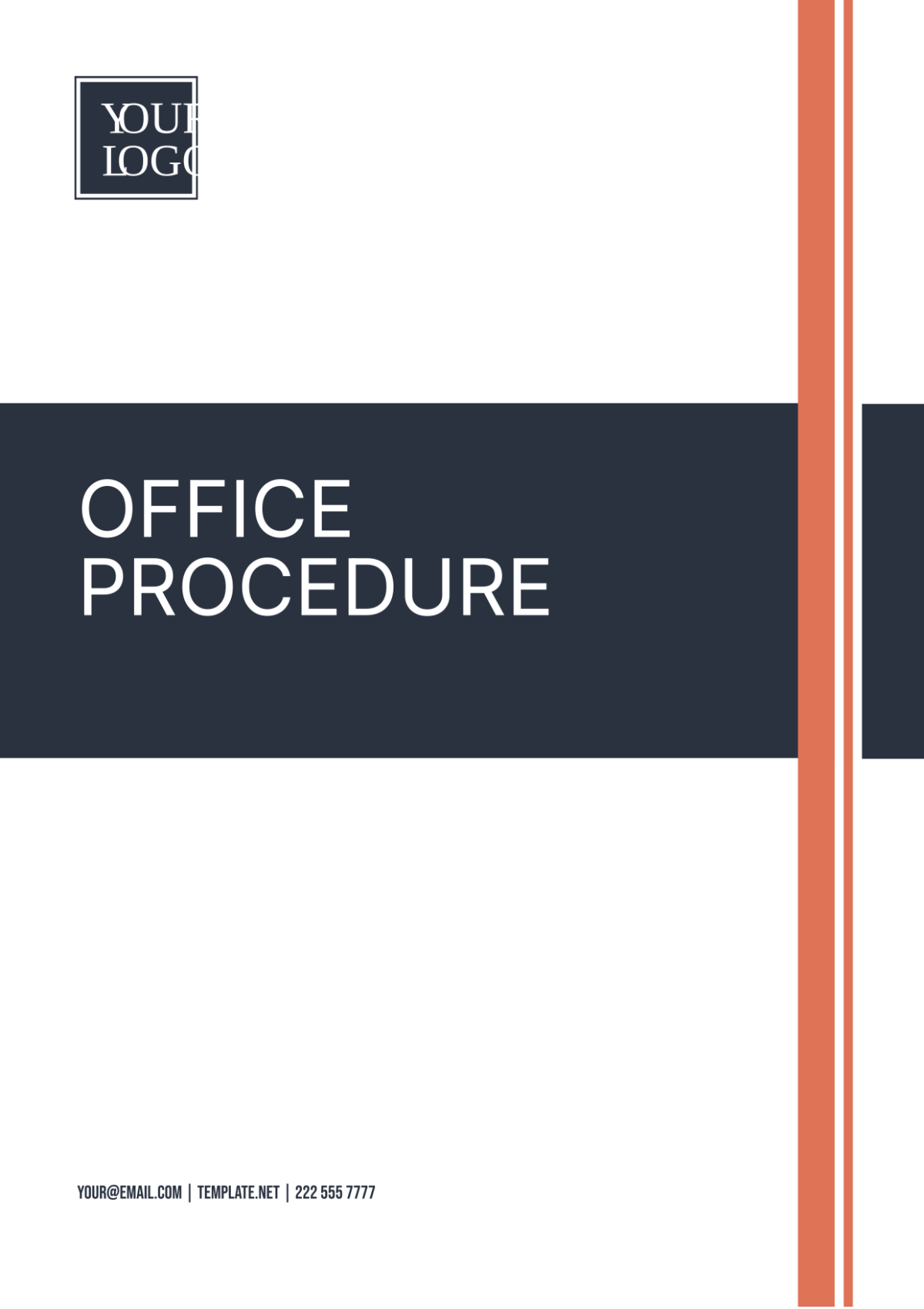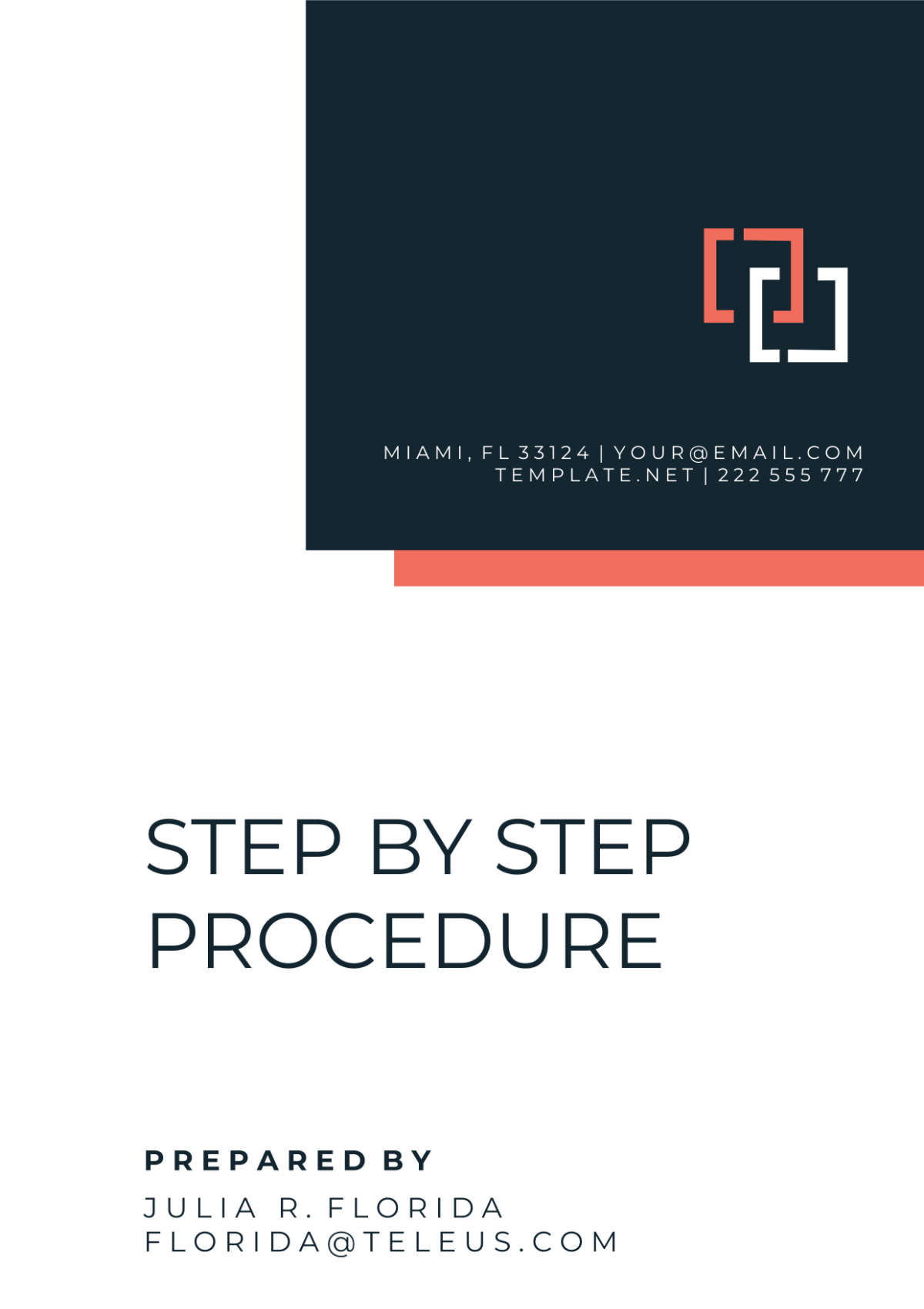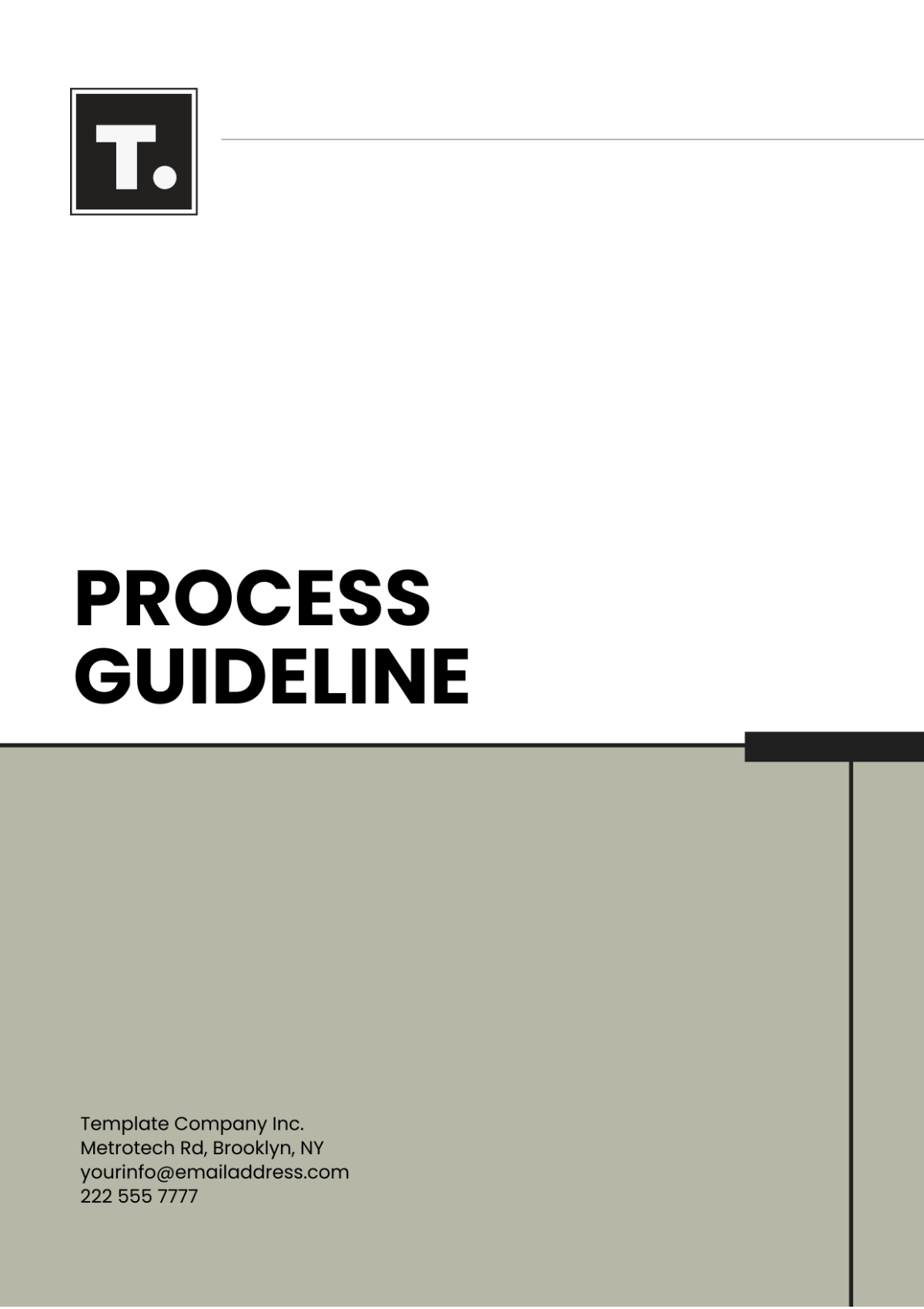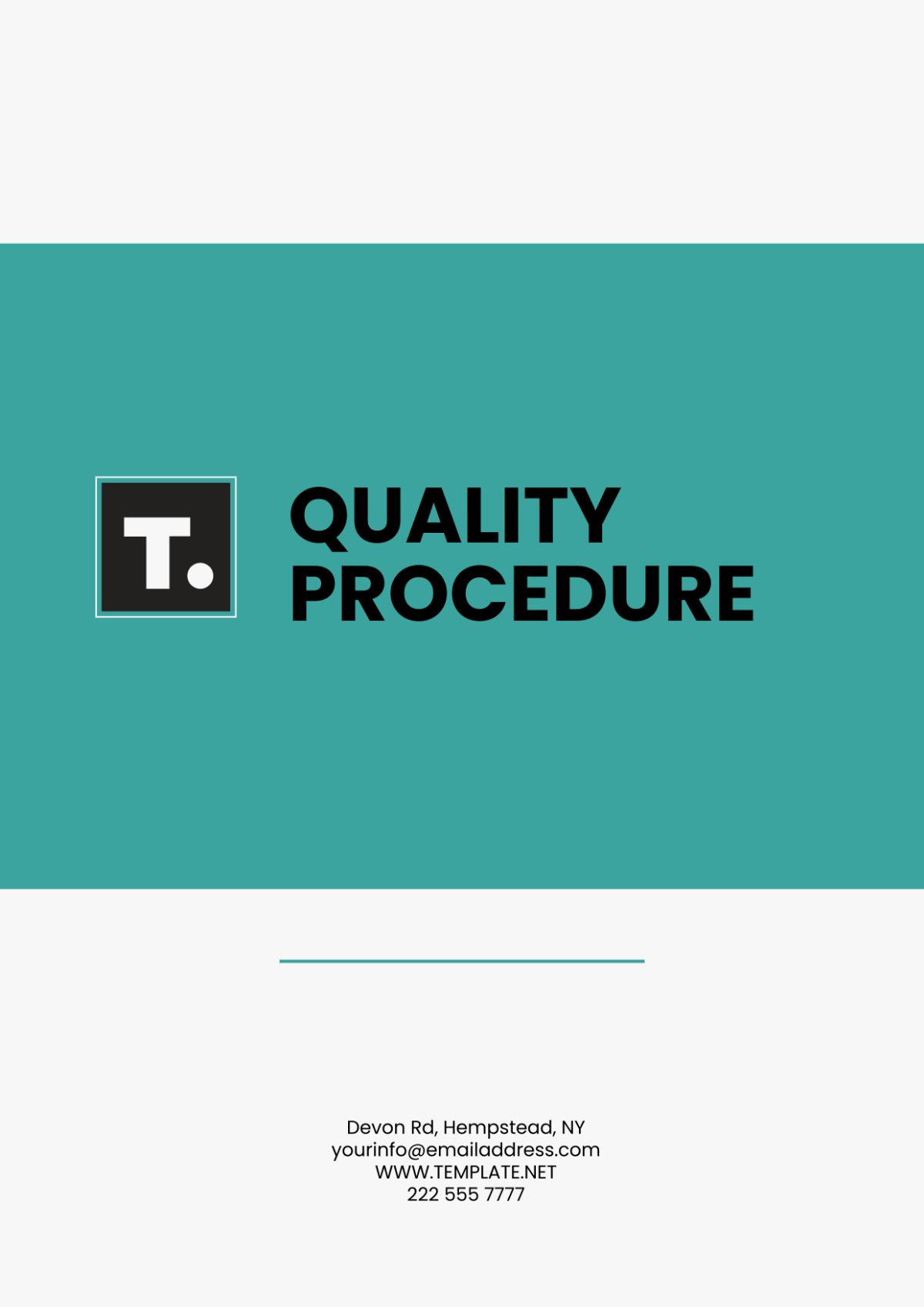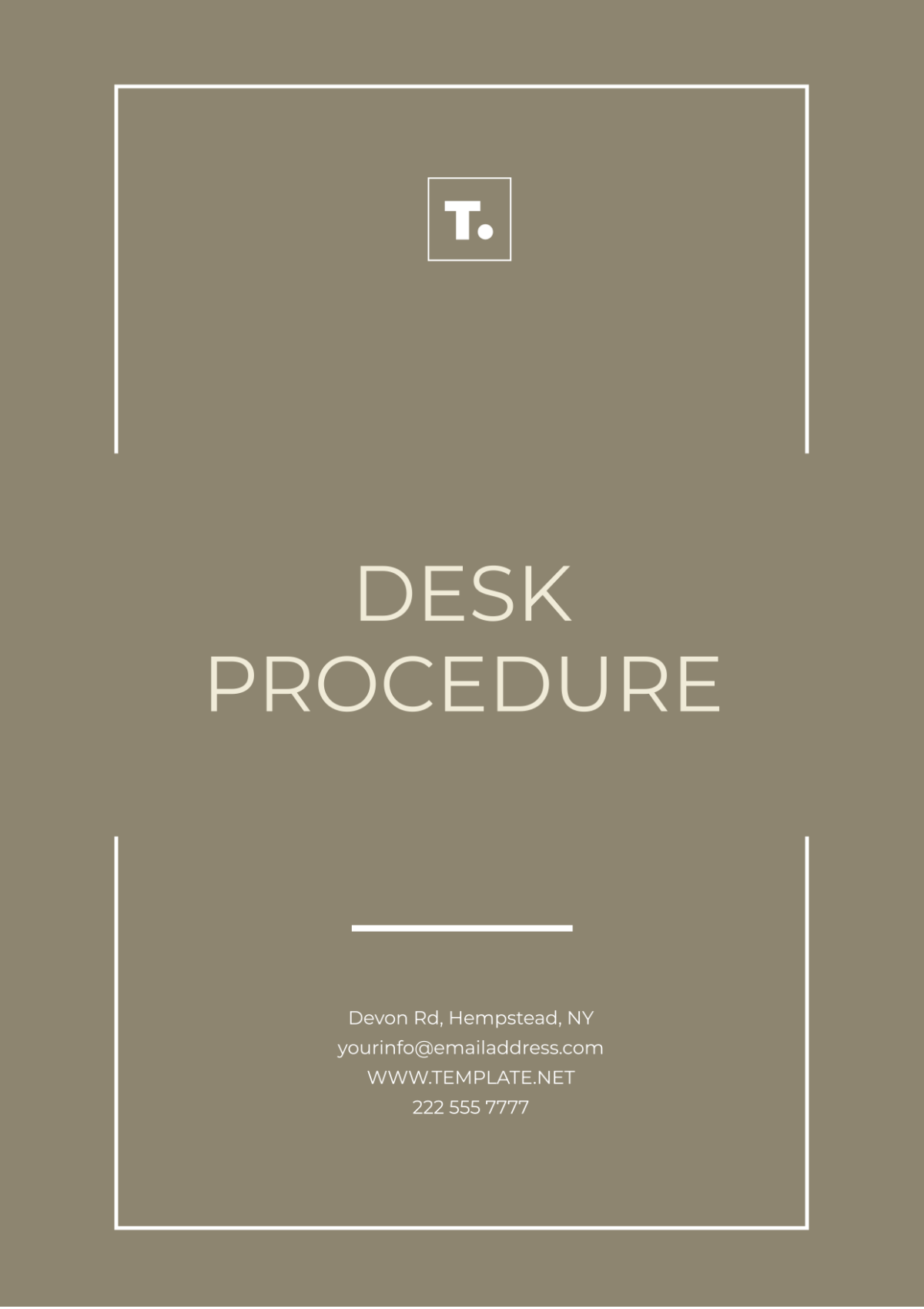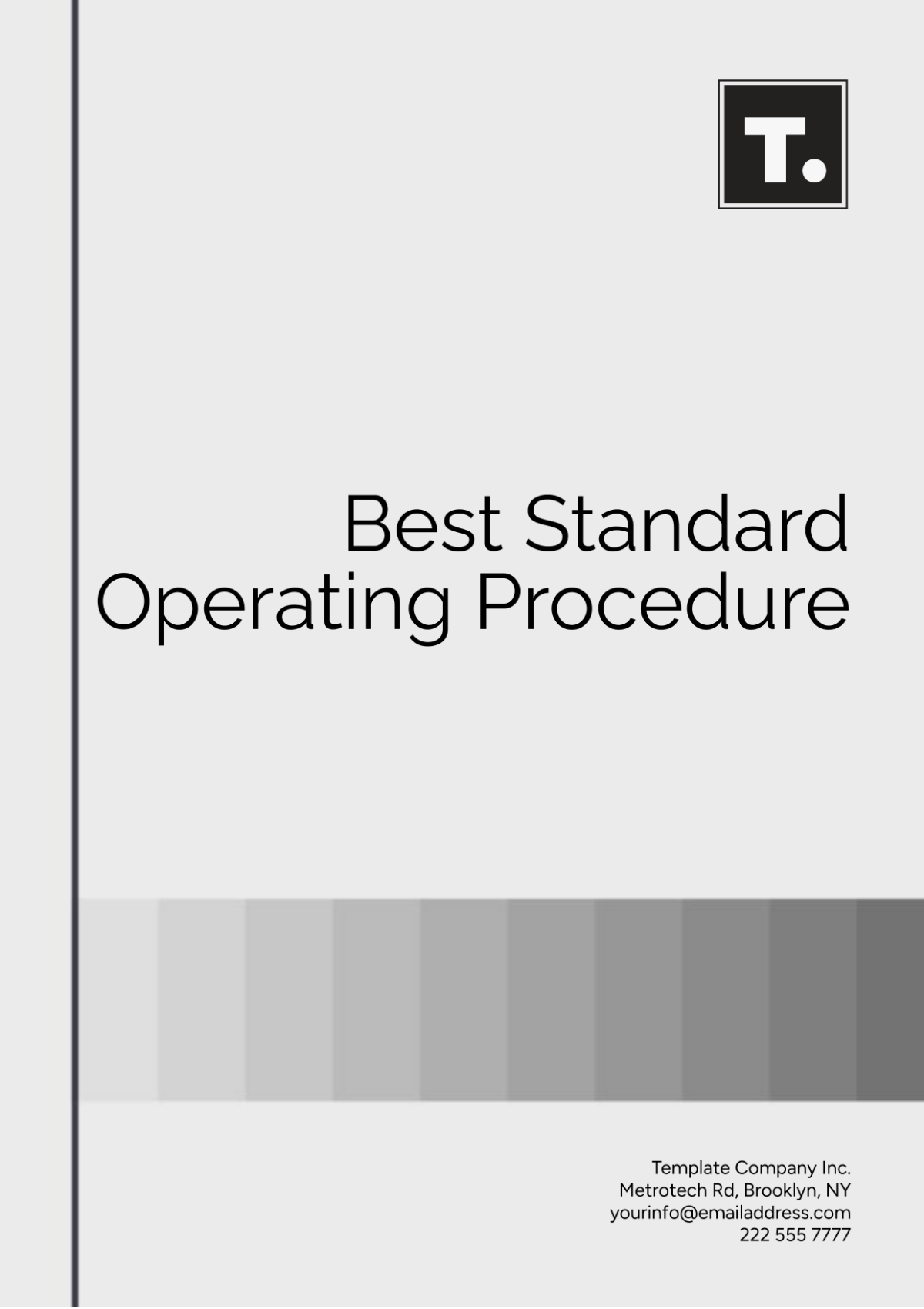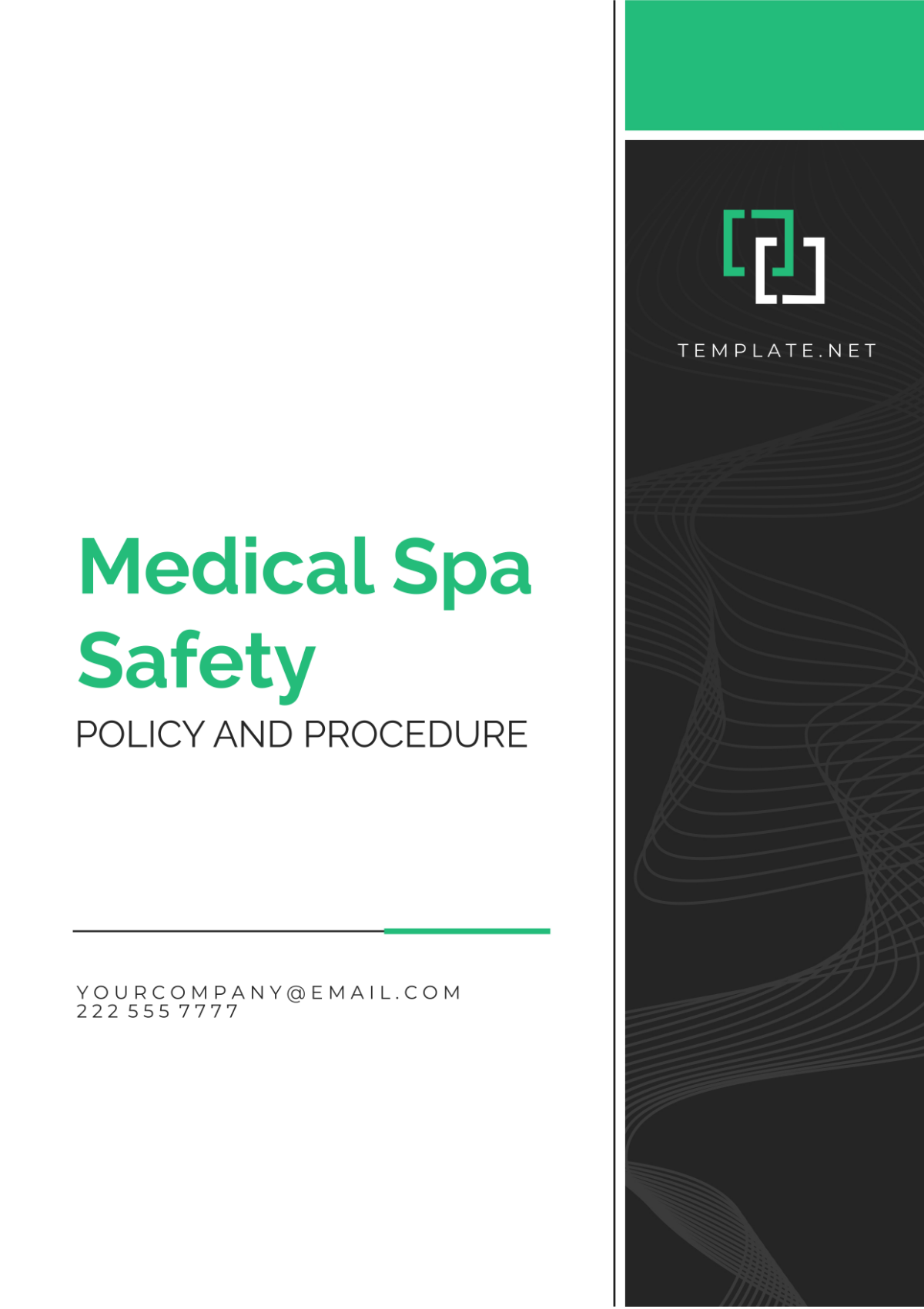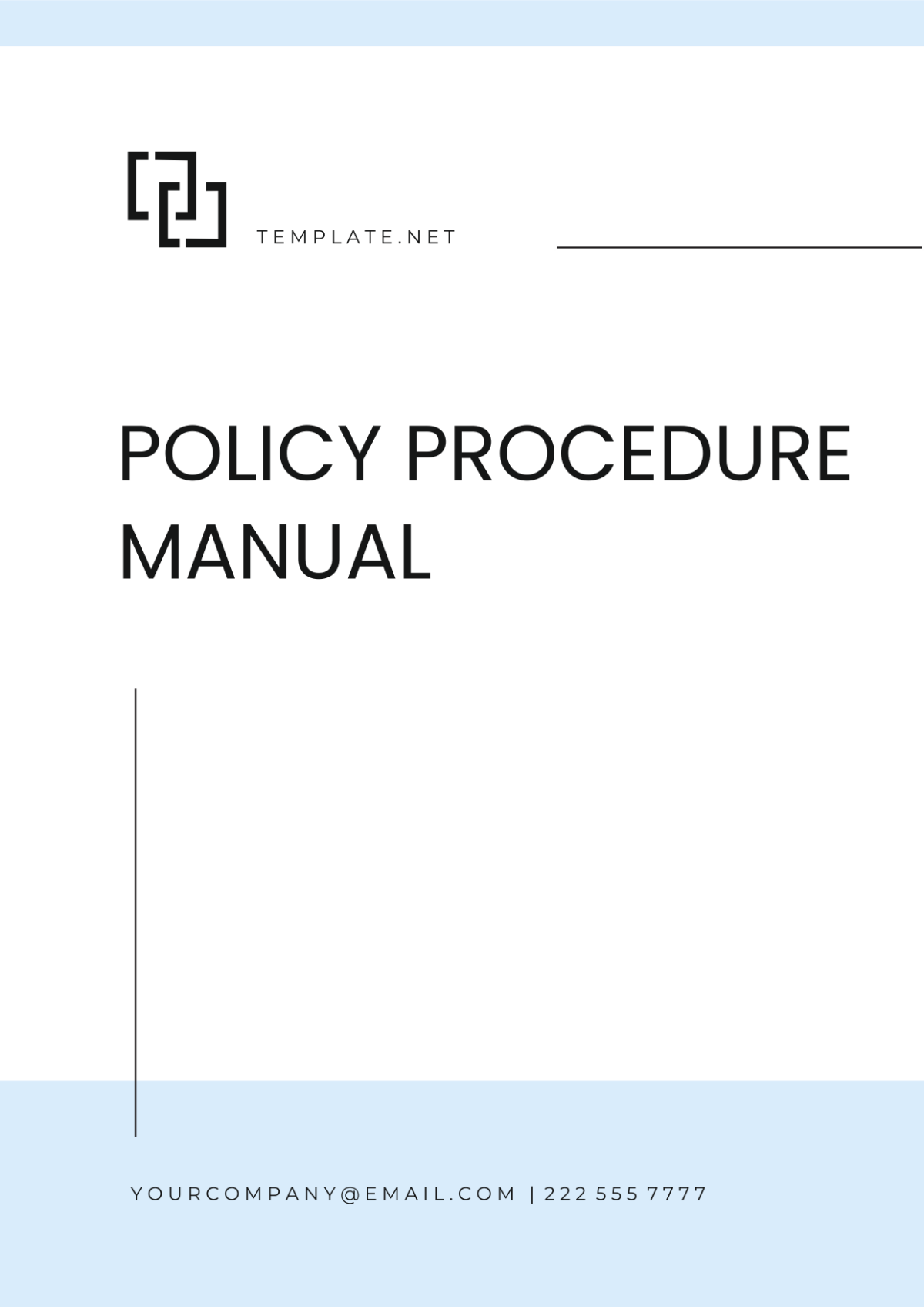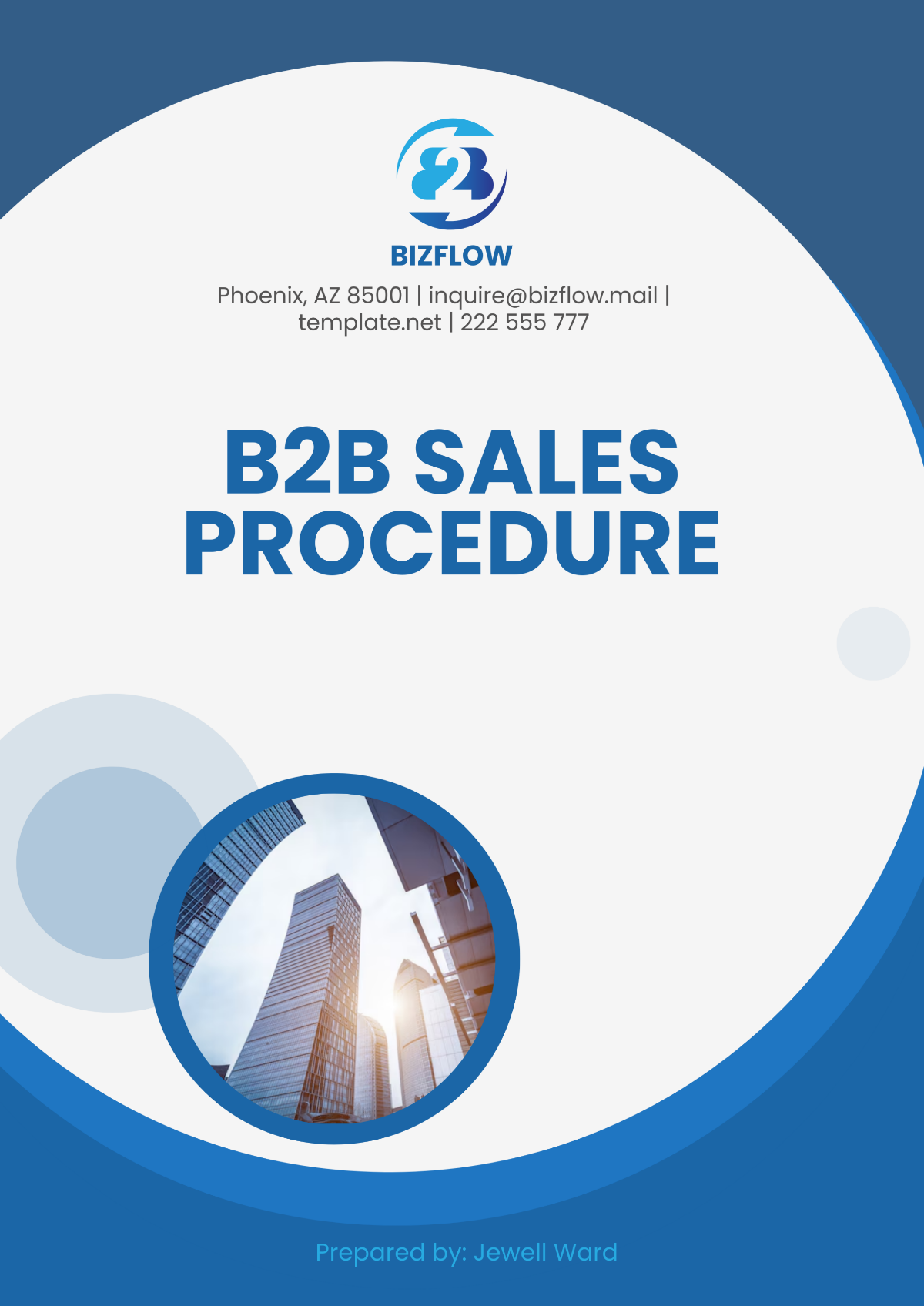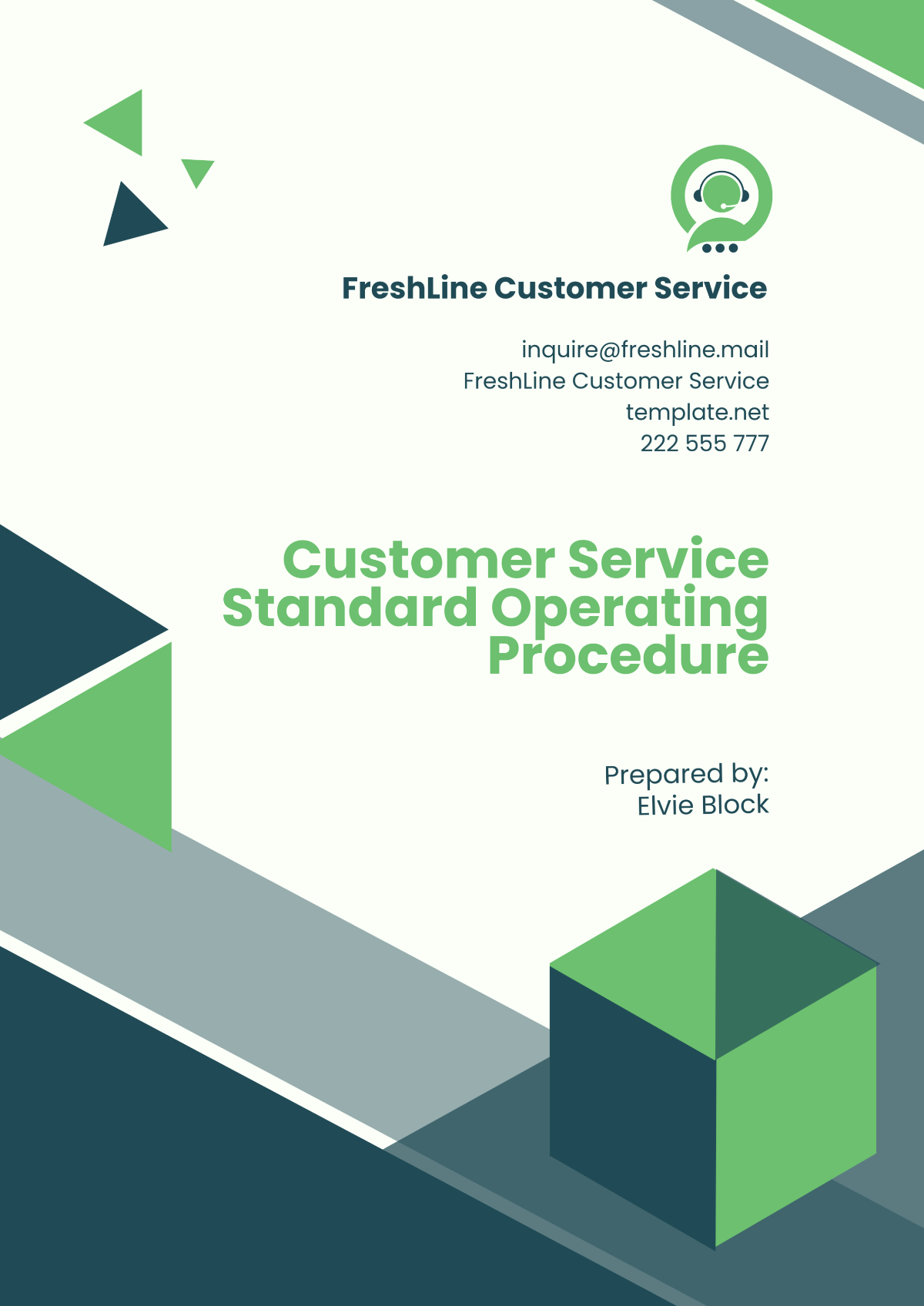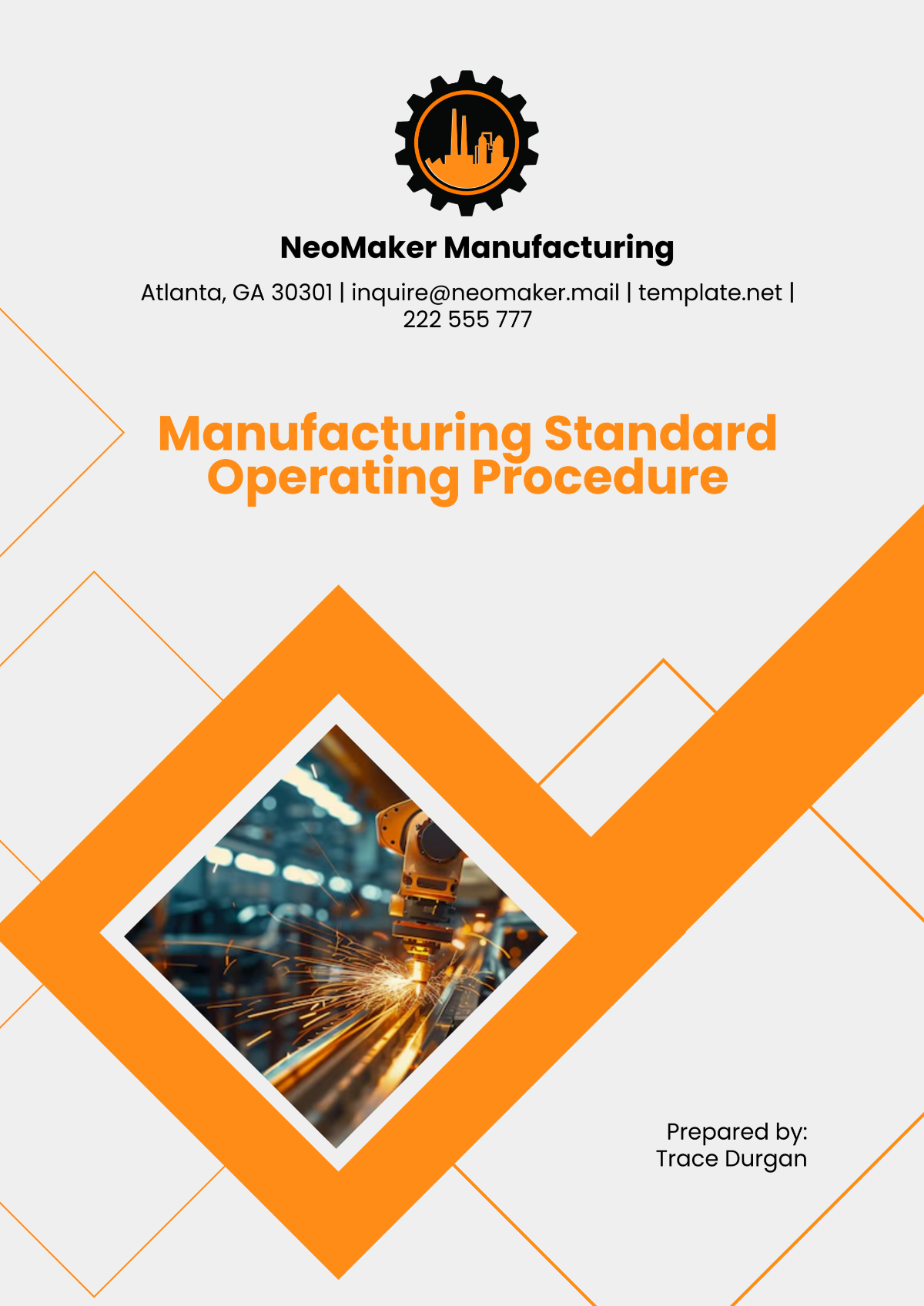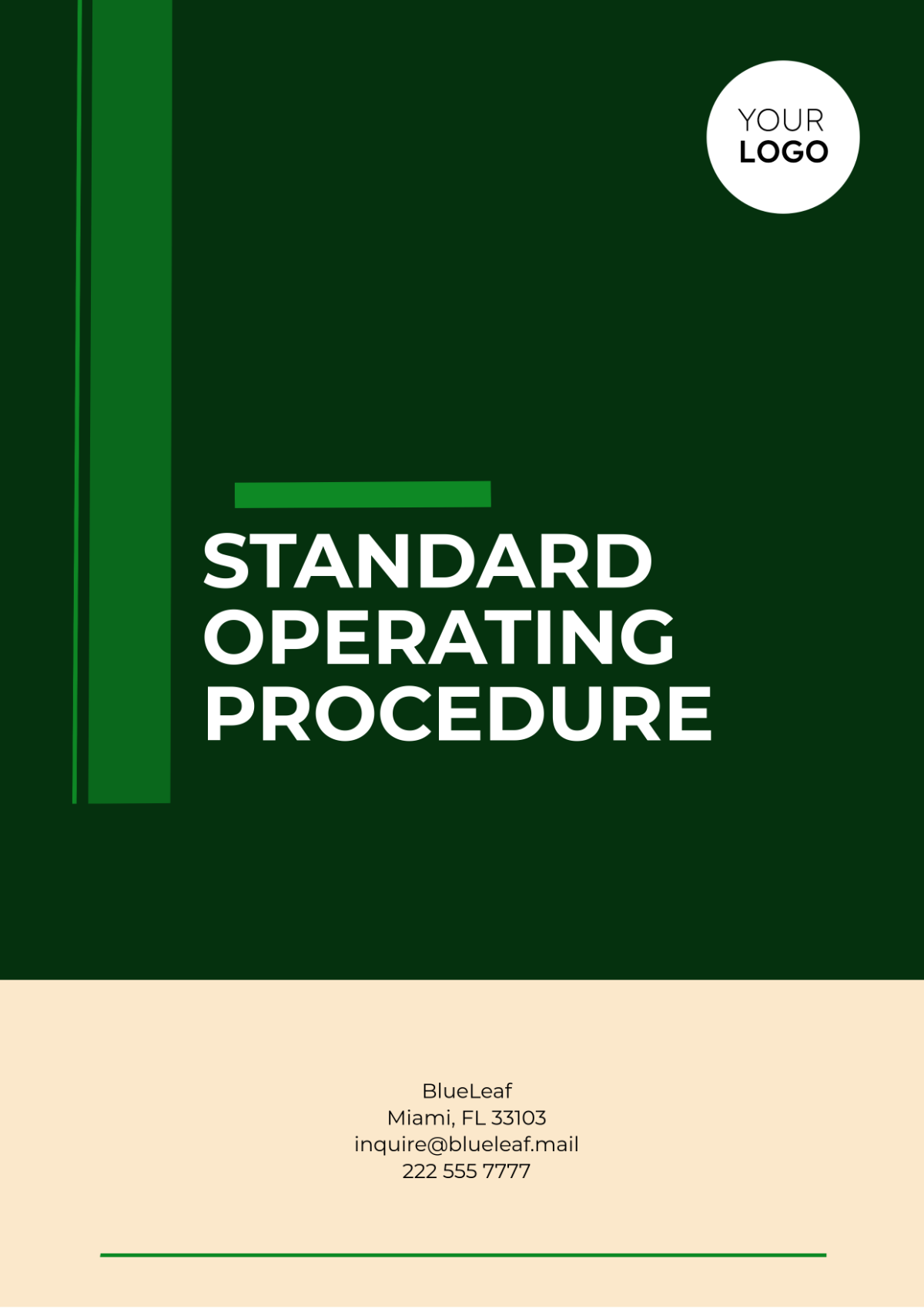Restaurant Overtime Procedure
I. Introduction
A. Purpose
The purpose of this Restaurant Overtime Procedure is to establish clear guidelines and protocols for the management of overtime hours worked by employees at [Your Company Name]. It aims to ensure compliance with labor laws, maintain efficient staffing levels, and effectively manage labor costs to support the success of our restaurant operations.
B. Scope
This procedure applies to all employees, managers, and supervisors at [Your Company Name]'s restaurants who may be eligible for overtime compensation as per applicable labor laws and company policies. It encompasses all departments and positions within the restaurant, including front-of-house and back-of-house staff.
C. Objectives
The objectives of this procedure include:
Ensuring that overtime is authorized and compensated appropriately.
Providing a clear process for requesting and approving overtime.
Monitoring and tracking overtime usage to identify trends and mitigate excessive overtime.
Communicating overtime policies and procedures to all employees.
Enforcing compliance with overtime regulations and company policies.
II. Definitions
A. Overtime
Overtime refers to any hours worked by an employee in excess of the standard workweek hours, as defined by applicable labor laws and company policies. In accordance with the Fair Labor Standards Act (FLSA), overtime is typically calculated as hours worked beyond 40 hours in a single workweek.
B. Regular Rate of Pay
The regular rate of pay is the hourly wage rate of an employee excluding any premium paid for overtime work. It is the base rate used to calculate overtime compensation in accordance with FLSA regulations.
C. FLSA
FLSA stands for the Fair Labor Standards Act, a federal law in the United States that establishes minimum wage, overtime pay eligibility, recordkeeping, and child labor standards affecting full-time and part-time workers in the private sector and in federal, state, and local governments.
D. Workweek
The workweek is a fixed and regularly recurring period of 168 hours, or seven consecutive 24-hour periods, established by [Your Company Name] for the purpose of calculating overtime eligibility and compensation.
E. Overtime Eligibility
Overtime eligibility refers to the criteria established by FLSA and company policies that determine which employees are entitled to receive overtime compensation for hours worked in excess of the standard workweek hours.
F. Supervisor
A supervisor is an employee of [Your Company Name] who has been assigned management responsibilities and authority over other employees, including the authorization of overtime hours and the supervision of work activities.
G. Employee
An employee is an individual who is hired by [Your Company Name] to perform work duties in exchange for compensation, including wages, salaries, and benefits. Employees may be classified as full-time, part-time, or temporary, and may be eligible for overtime pay depending on their employment status and job responsibilities.
H. Manager
A manager is an employee of [Your Company Name] who holds a supervisory role with authority over other employees and departmental operations. Managers are responsible for overseeing the implementation of overtime procedures, ensuring compliance with labor laws, and addressing any issues related to overtime authorization and compensation.
III. Overtime Authorization Process
A. Request for Overtime
Employees seeking overtime must submit a formal request to their immediate supervisor or manager at least 24 hours in advance, unless unforeseen circumstances arise.
The request must include the reason for overtime, anticipated duration, and any other relevant details.
Employees may use the designated form or electronic system provided by [Your Company Name] to submit their overtime requests.
B. Supervisor Approval
Supervisors or managers will review each overtime request based on operational needs, budget constraints, and compliance with labor laws.
Approval or denial of overtime requests will be communicated to the employee in a timely manner.
In cases where immediate approval is necessary due to unexpected circumstances, supervisors may provide verbal authorization, followed by written confirmation.
C. Documentation
Approved overtime requests will be documented and retained for recordkeeping purposes.
Documentation will include employee name, date of overtime, reason for overtime, and supervisor approval.
The HR department will maintain records of all approved overtime requests in accordance with company policies and legal requirements.
D. Communication
Upon approval of overtime requests, supervisors will communicate the schedule changes to relevant stakeholders, including the employee scheduled for overtime, other team members, and scheduling coordinators.
Clear communication ensures that all parties are aware of the additional hours worked and any adjustments to the work schedule.
IV. Overtime Compensation
A. Rate of Pay
Overtime compensation will be calculated at 1.5 times the employee's regular rate of pay for hours worked in excess of 40 hours per week, in accordance with FLSA guidelines.
The regular rate of pay includes base wages and any non-discretionary bonuses or incentives earned during the workweek.
Overtime hours will be clearly identified and documented on employee timesheets or payroll records for accurate calculation of compensation.
B. Recording Overtime Hours
Employees are responsible for accurately recording all hours worked, including overtime hours, using the designated timekeeping system.
Any discrepancies or errors in recorded hours should be reported to the payroll department promptly for correction.
Supervisors will review and verify employee timesheets to ensure accuracy and compliance with overtime policies.
C. Payroll Processing
The payroll department will process overtime hours and calculate additional compensation for eligible employees in accordance with company policies and FLSA regulations.
Overtime pay will be included in the employee's regular paycheck for the corresponding pay period.
Payroll records will be maintained securely and made available for employee review upon request.
D. Overtime Premium
In addition to overtime compensation, eligible employees may receive an overtime premium as an incentive for working additional hours beyond the standard workweek.
The overtime premium may take the form of monetary bonuses, additional time off, or other benefits as determined by [Your Company Name]'s compensation policies.
V. Monitoring and Reporting
A. Overtime Tracking
The HR department will monitor and track overtime hours on a regular basis to identify trends, patterns, and potential issues.
Overtime data will be collected from employee timesheets, payroll records, and other relevant sources.
Tracking tools or software may be utilized to streamline the monitoring process and generate reports for analysis.
Managers and supervisors will have access to real-time overtime data to facilitate informed decision-making and resource allocation.
B. Compliance Audits
Regular audits will be conducted to ensure compliance with overtime policies and labor laws.
Audits may include reviewing employee timesheets, payroll records, and documentation of overtime requests and approvals.
Any discrepancies or non-compliance issues identified during audits will be addressed promptly and corrective actions will be implemented as necessary.
Auditors may collaborate with department heads and HR personnel to conduct thorough reviews and address root causes of non-compliance.
C. Analysis and Action
Overtime data analysis will be conducted to assess the effectiveness of overtime management strategies and identify areas for improvement.
Key performance indicators (KPIs) such as overtime utilization rates, cost per overtime hour, and trends in overtime frequency will be analyzed to inform decision-making.
Action plans will be developed based on data analysis findings to optimize staffing levels, reduce reliance on overtime, and improve operational efficiency.
Continuous monitoring and evaluation of the effectiveness of implemented actions will be performed to ensure sustainable improvements over time.
VI. Communication and Training
A. Employee Awareness
All employees will receive training on the overtime procedure during their onboarding process and as part of ongoing training initiatives.
Training sessions will cover topics such as overtime eligibility criteria, request and approval procedures, recording overtime hours, and understanding overtime compensation.
Training materials, including manuals, presentations, and online modules, will be developed and updated as needed to ensure clarity and consistency in overtime policies and procedures.
B. Updates and Communication
Updates or revisions to the overtime procedure will be communicated to employees through company-wide memos, meetings, or training sessions.
Changes in labor laws, company policies, or operational requirements that impact overtime practices will be communicated promptly to all affected employees.
Employees will have access to resources such as FAQs, guidelines, and contact information for HR representatives to address any questions or concerns related to overtime.
C. Supervisor Training
Supervisors and managers will receive specialized training on their roles and responsibilities in managing overtime, including approving requests, monitoring usage, and addressing compliance issues.
Training sessions may include case studies, role-playing exercises, and interactive discussions to enhance understanding and application of overtime management principles.
Ongoing support and guidance will be provided to supervisors to ensure consistency and fairness in the implementation of overtime policies across different departments and teams.
VII. Enforcement and Accountability
A. Non-Compliance
Failure to adhere to the overtime procedure may result in disciplinary action, up to and including termination, in accordance with [Your Company Name]'s policies and procedures.
Instances of non-compliance with overtime regulations or company policies will be thoroughly investigated.
Disciplinary measures will be applied consistently and fairly, taking into account the severity of the violation and any mitigating factors.
HR personnel will collaborate with department heads and supervisors to address instances of non-compliance and implement corrective actions as necessary.
B. Whistleblower Protection
Employees who report violations of the overtime procedure in good faith will be protected from retaliation in accordance with [Your Company Name]'s policies and applicable laws.
Retaliation against whistleblowers is strictly prohibited and will result in disciplinary action against the responsible parties.
Employees are encouraged to report any concerns or suspicions of non-compliance with overtime policies to HR, management, or other designated channels for investigation and resolution.
Confidentiality will be maintained throughout the reporting and investigation process to protect the identity of whistleblowers and ensure their safety and security.
VIII. Revision History
A. Version Control
This document will be reviewed and updated as necessary to reflect changes in labor laws, company policies, or operational requirements.
The HR department will be responsible for managing the revision process and ensuring that all updates are documented and communicated to relevant stakeholders.
Revisions to the overtime procedure may be initiated in response to legislative changes, feedback from employees or stakeholders, or internal audits and reviews.
A revision history log will be maintained to track the date of each revision, the nature of changes made, and the individuals involved in the revision process.
B. Documentation
All previous versions of the overtime procedure and associated documentation will be archived and retained for reference and audit purposes.
Archived documents will be stored securely and made accessible to authorized personnel upon request.
Retained documentation may include previous iterations of the procedure, meeting minutes, correspondence, and training materials related to overtime management.
Regular audits will be conducted to ensure the accuracy and completeness of archived documentation and to facilitate compliance with recordkeeping requirements.
C. Communication
Updates to the overtime procedure will be communicated to employees through various channels, including email, intranet announcements, and employee meetings.
Clear instructions and guidance will be provided to employees on how to access the latest version of the procedure and any supporting documents.
Feedback mechanisms will be established to allow employees to provide input on proposed revisions or suggest improvements to the overtime procedure.
Open communication and transparency will be maintained throughout the revision process to foster trust and engagement among employees and stakeholders.
